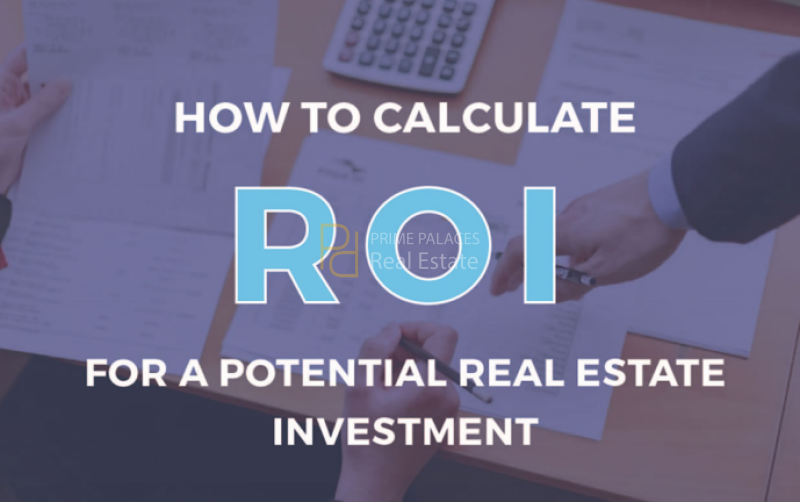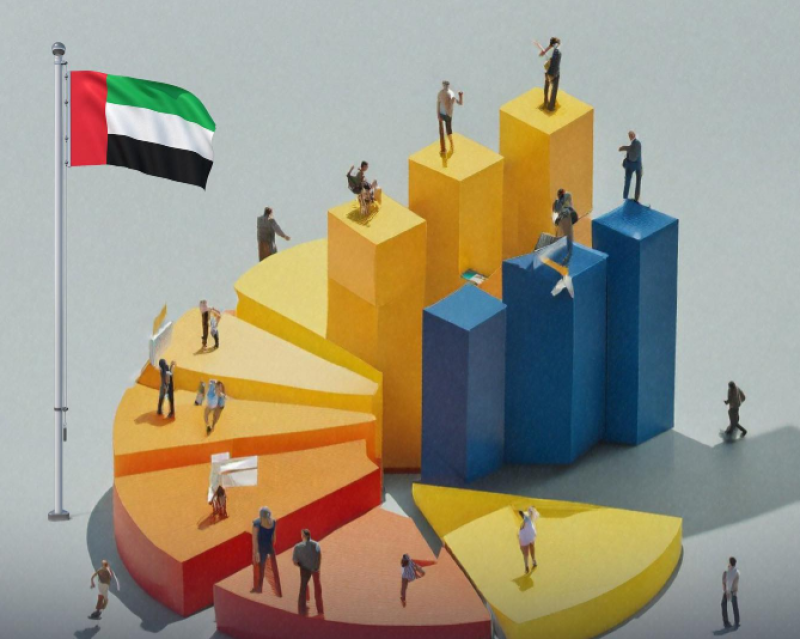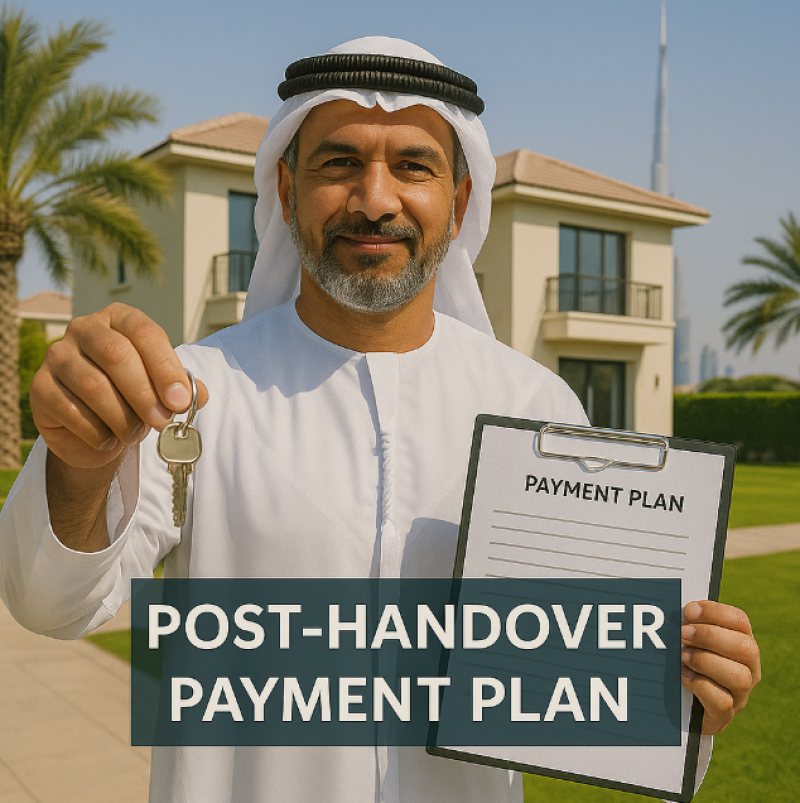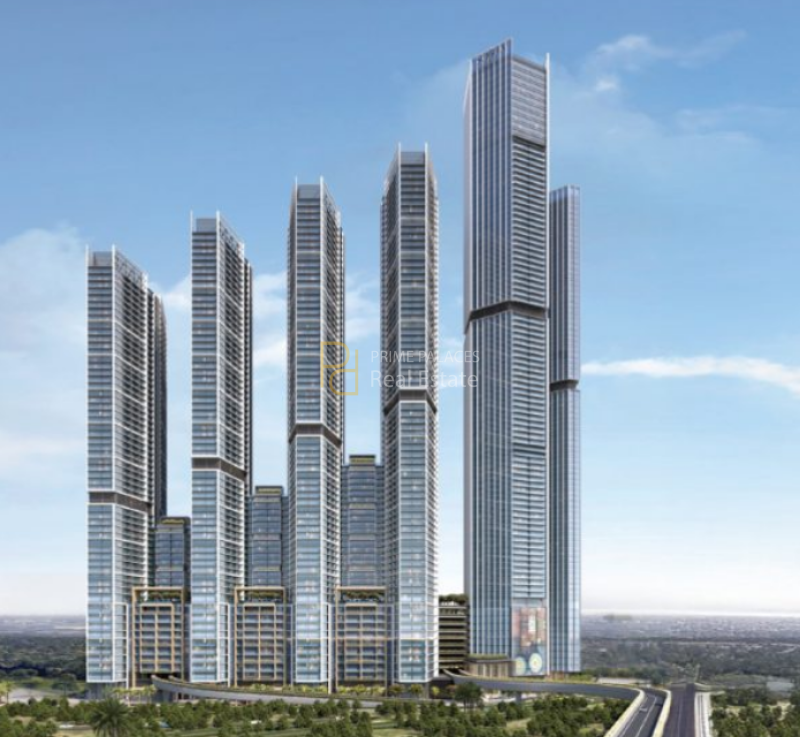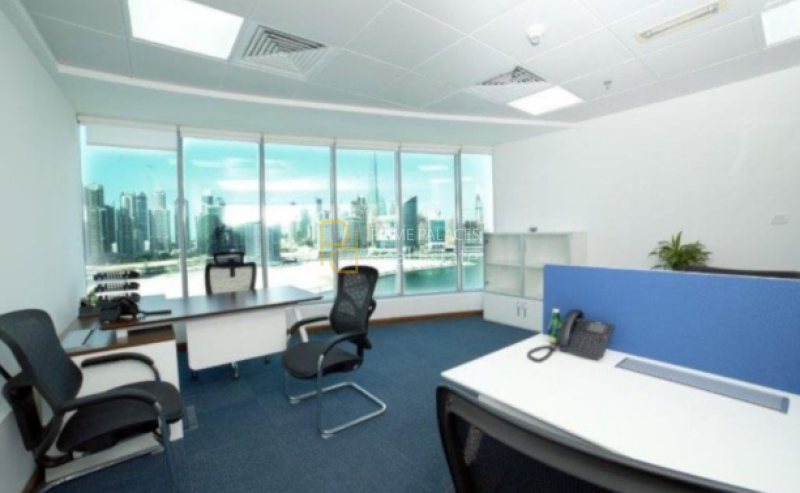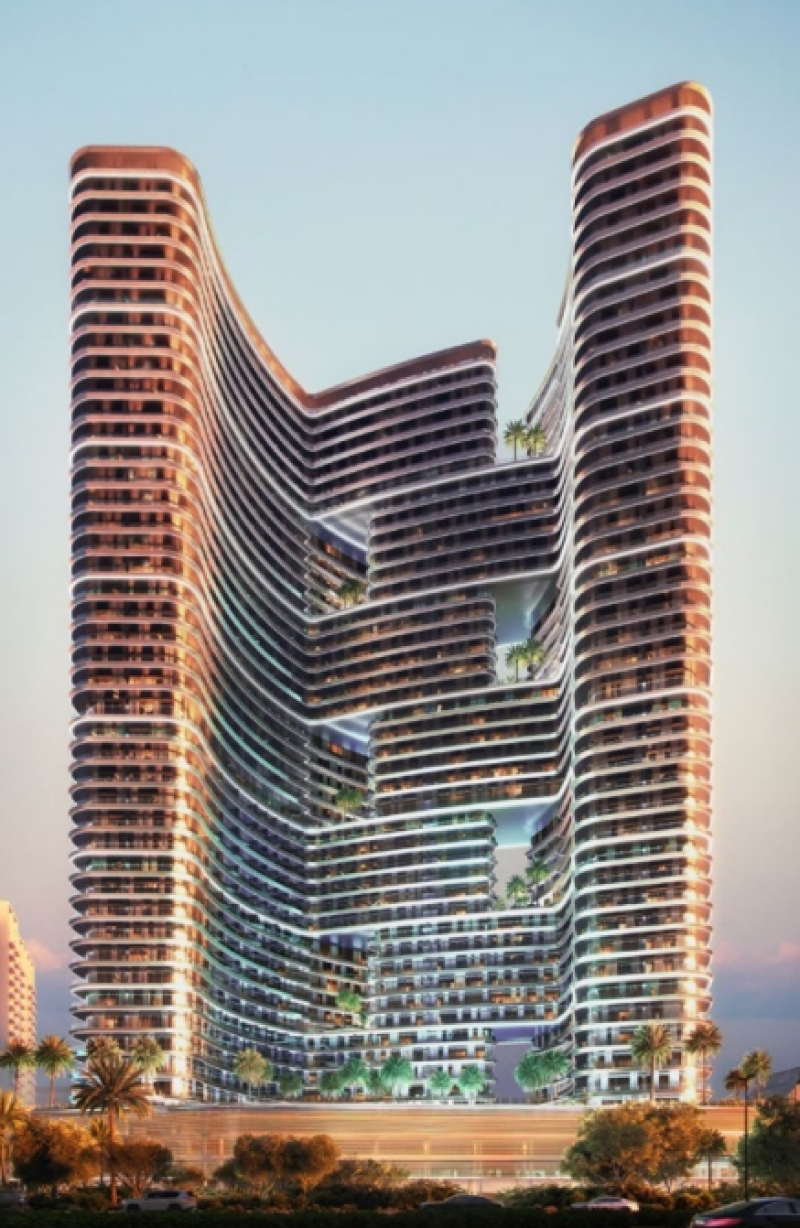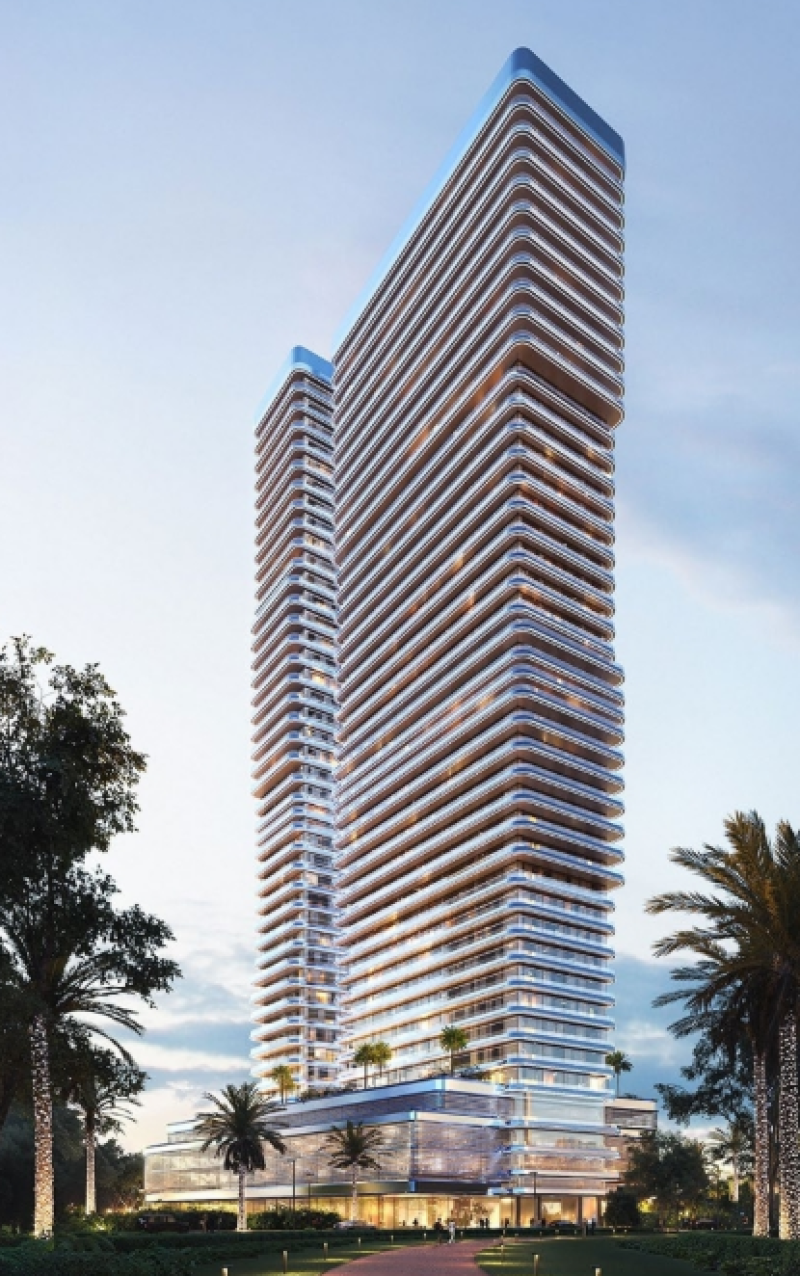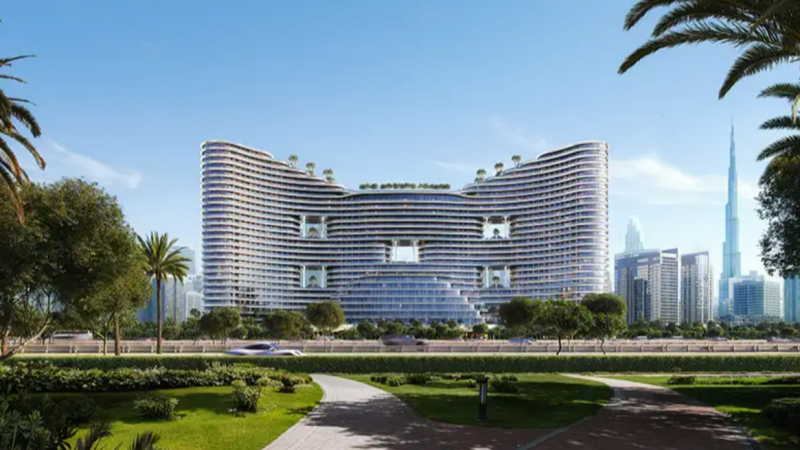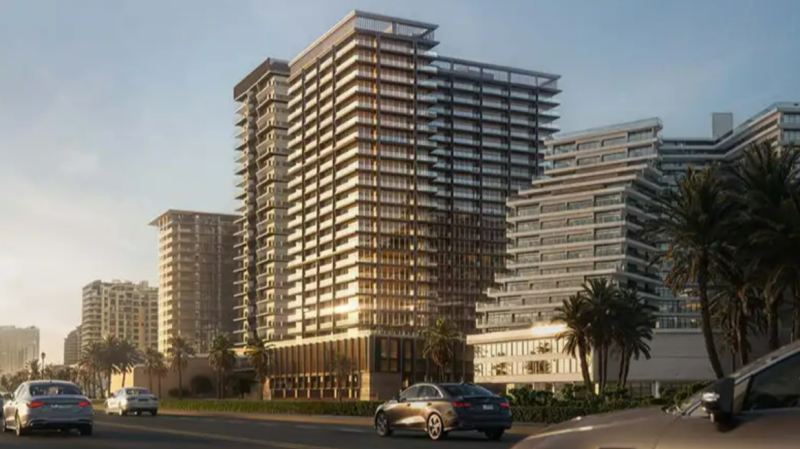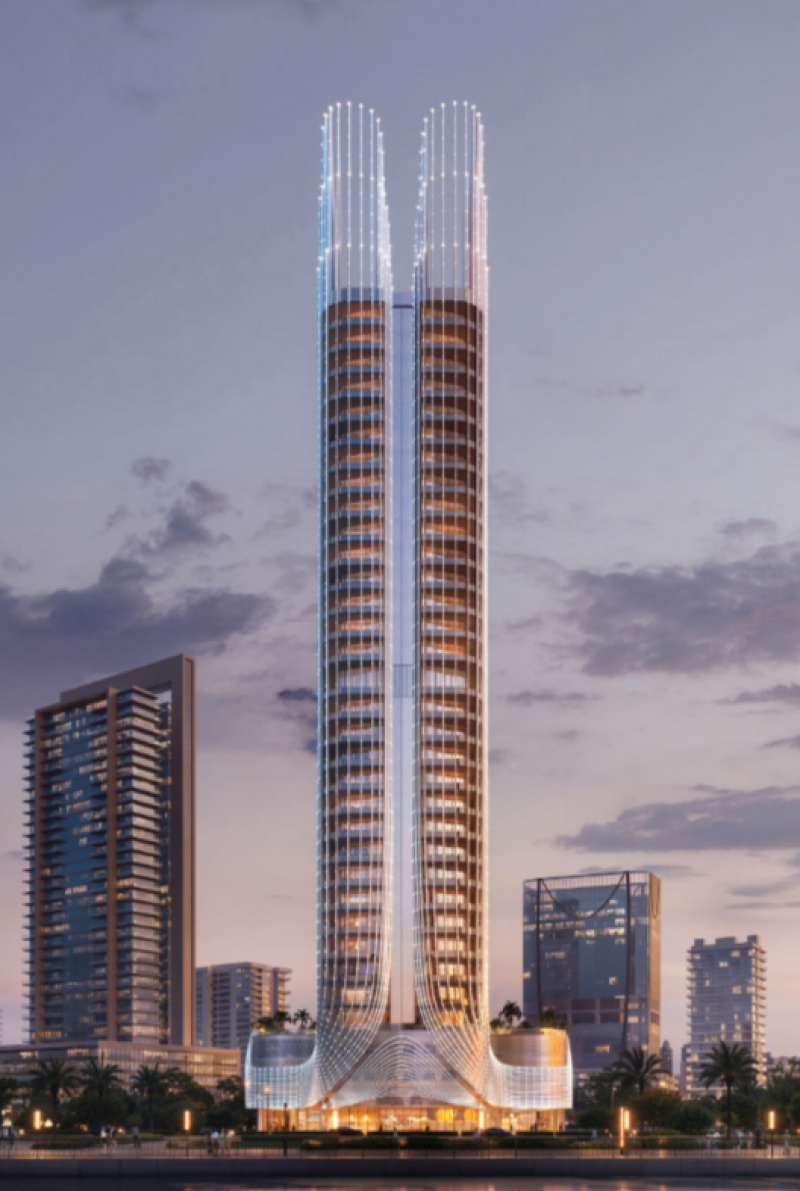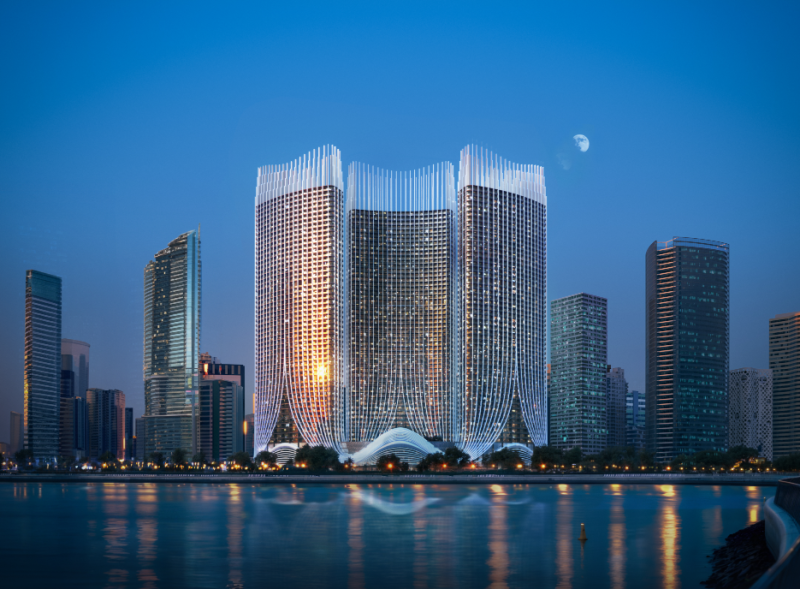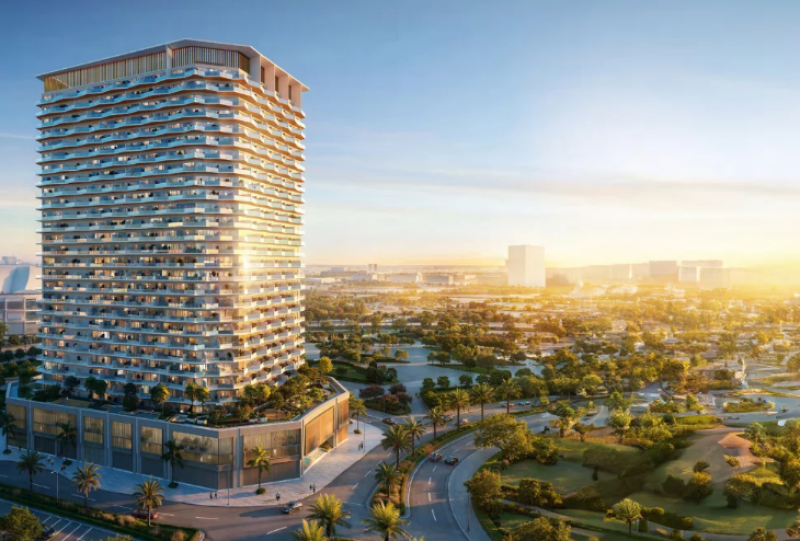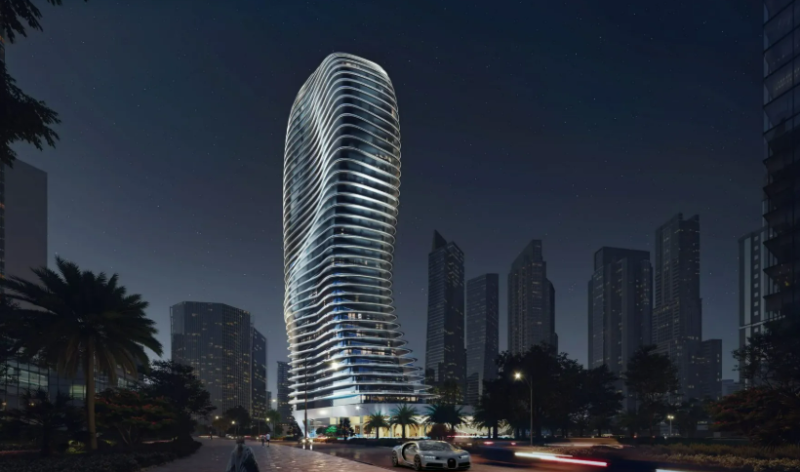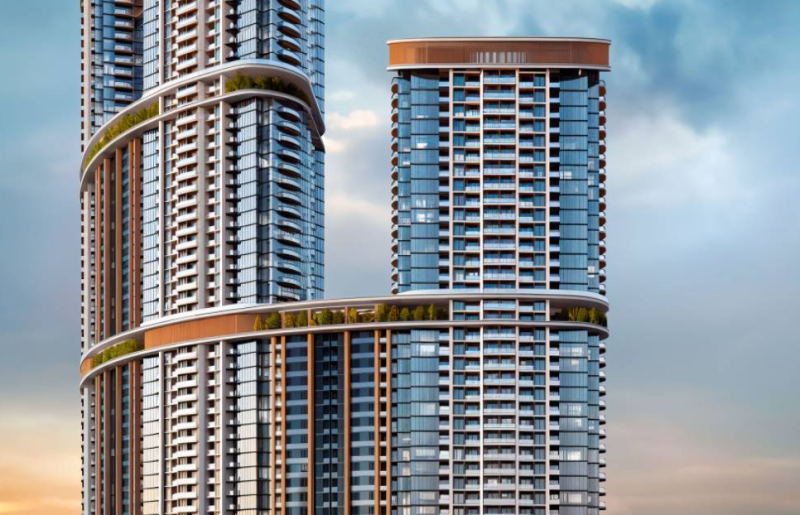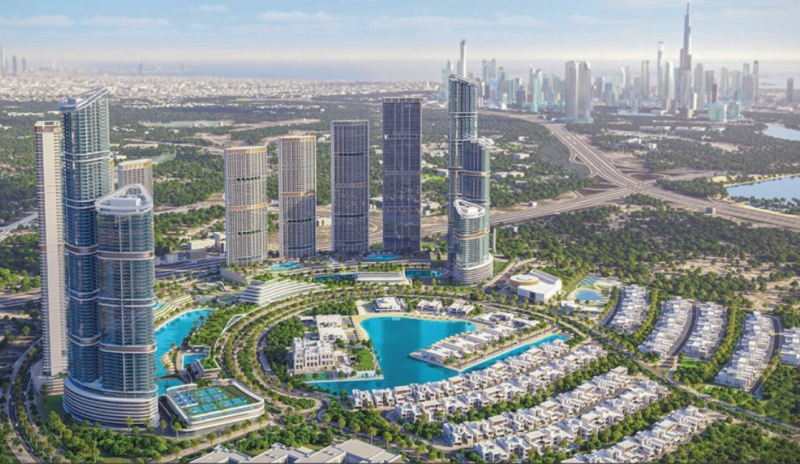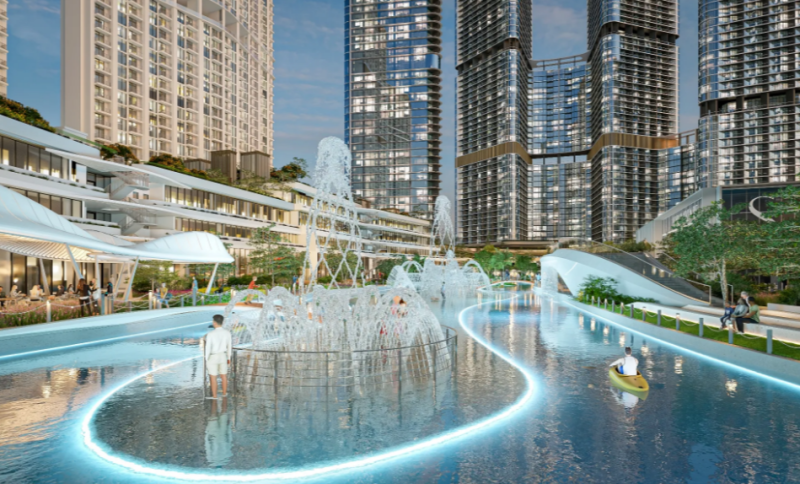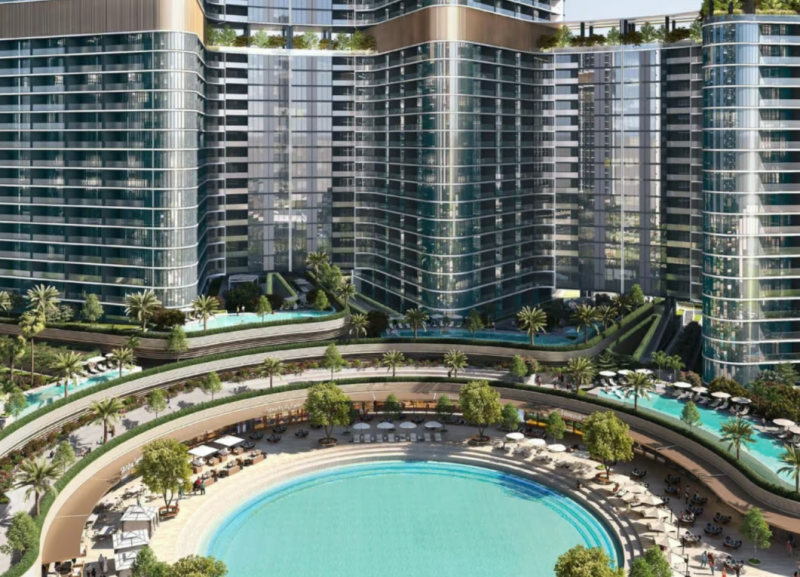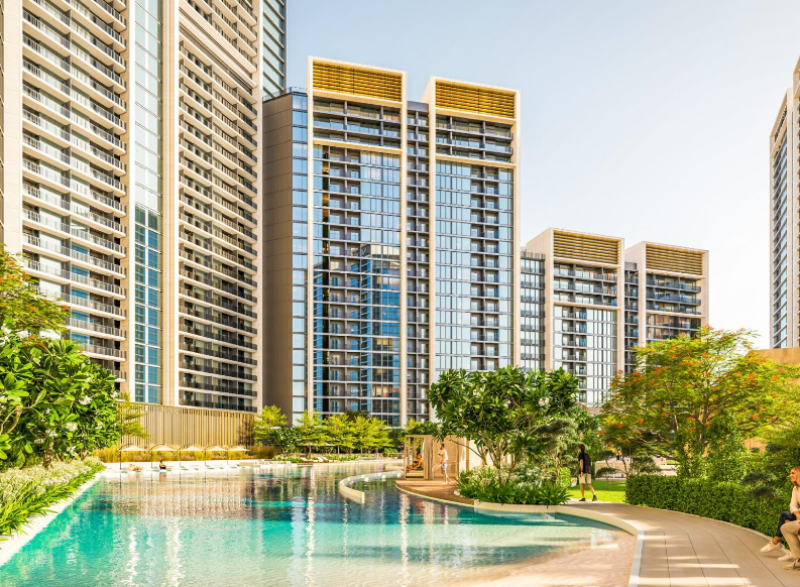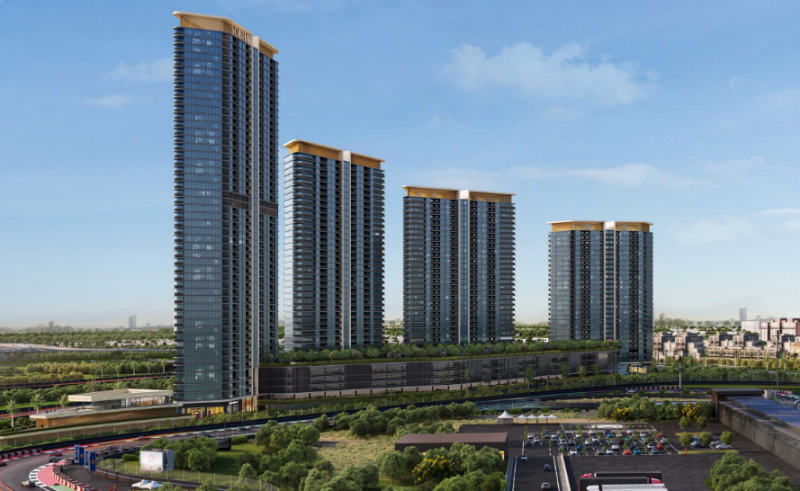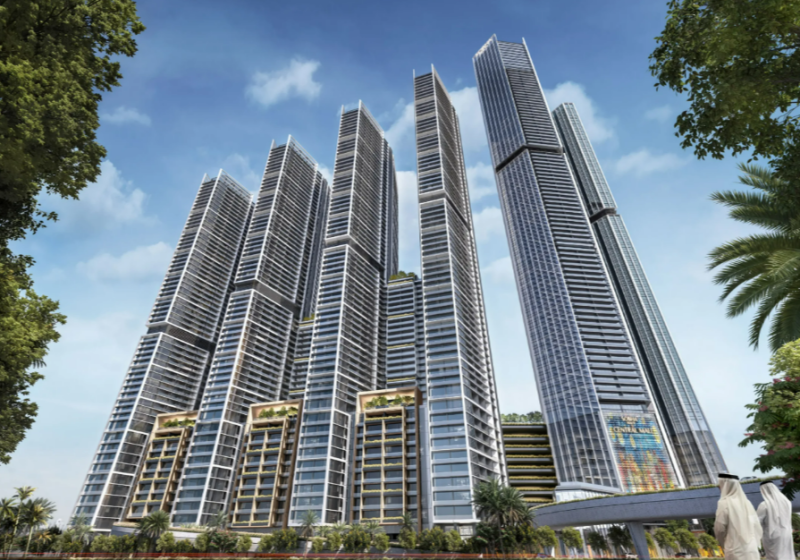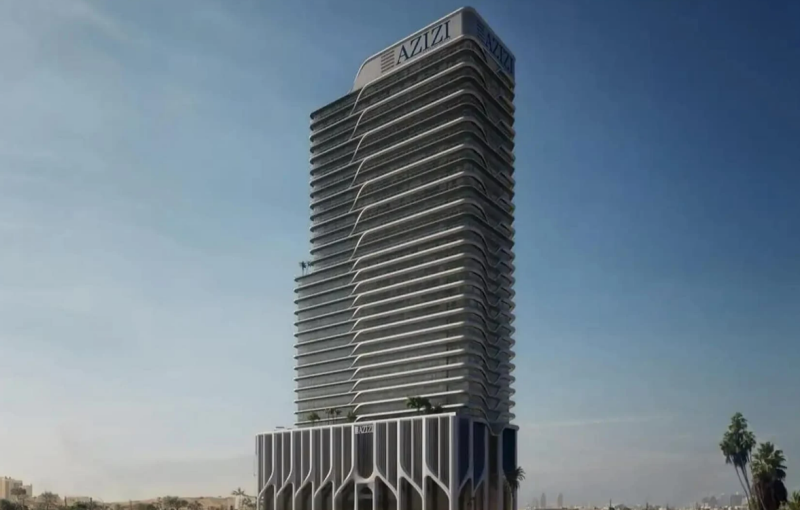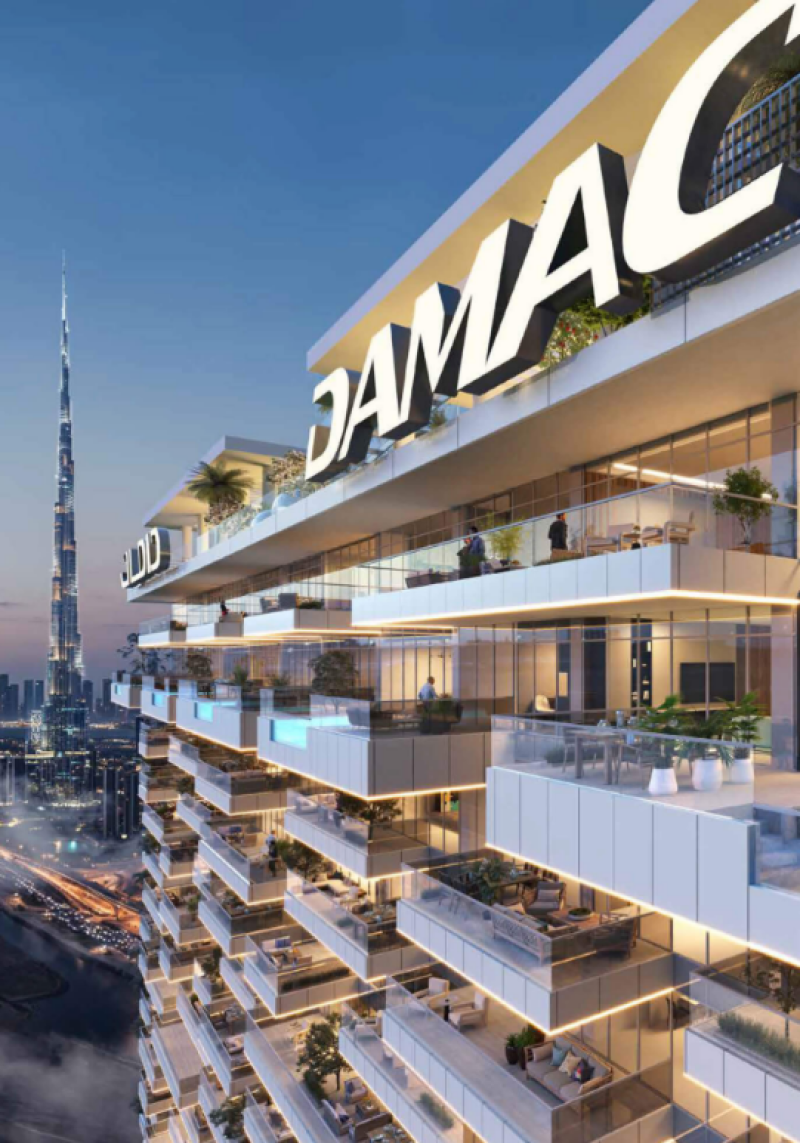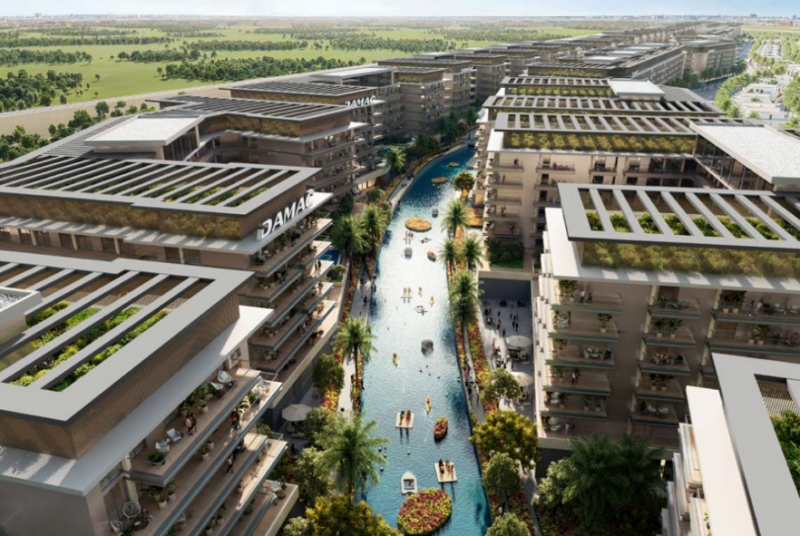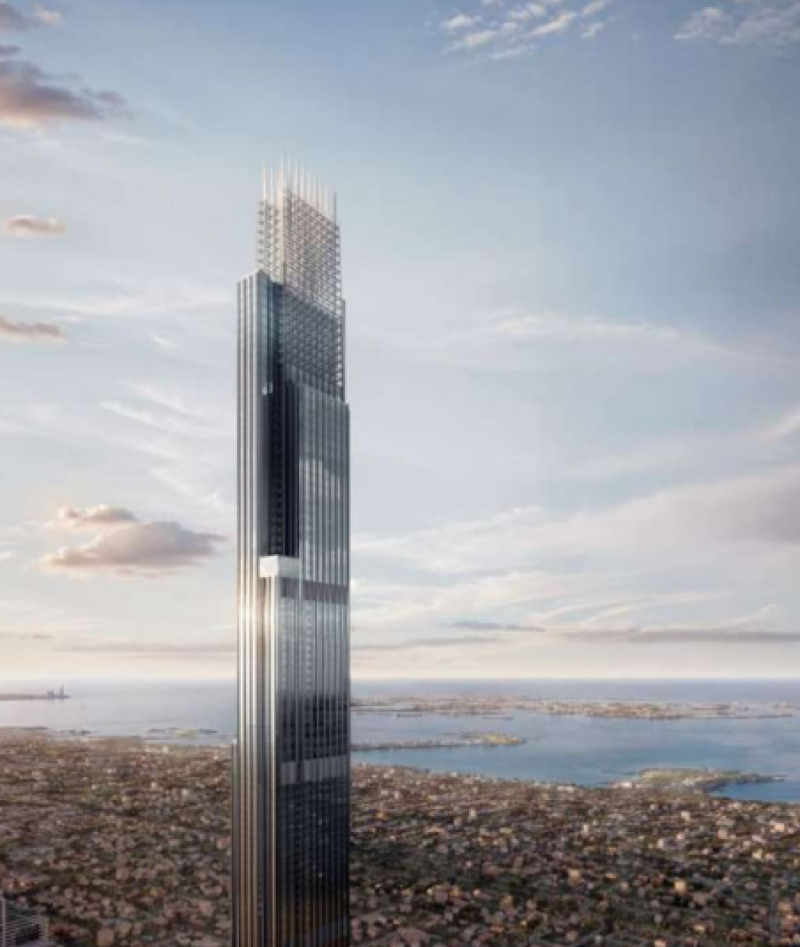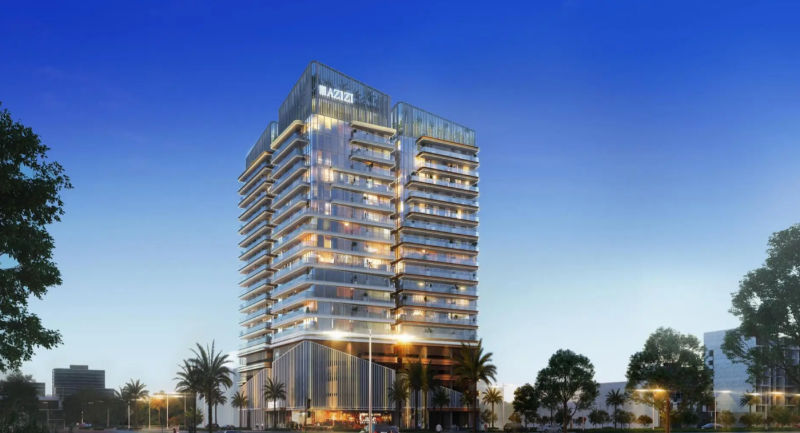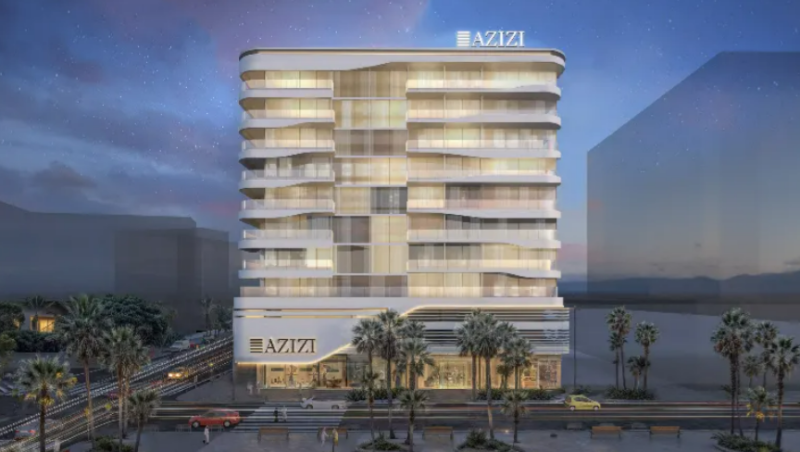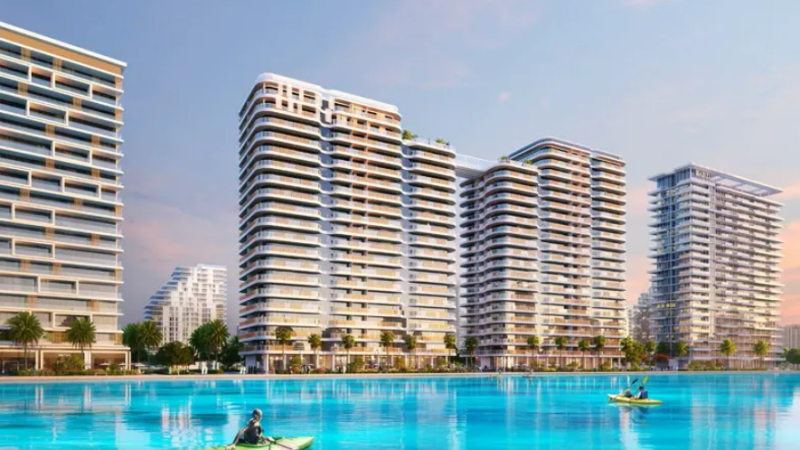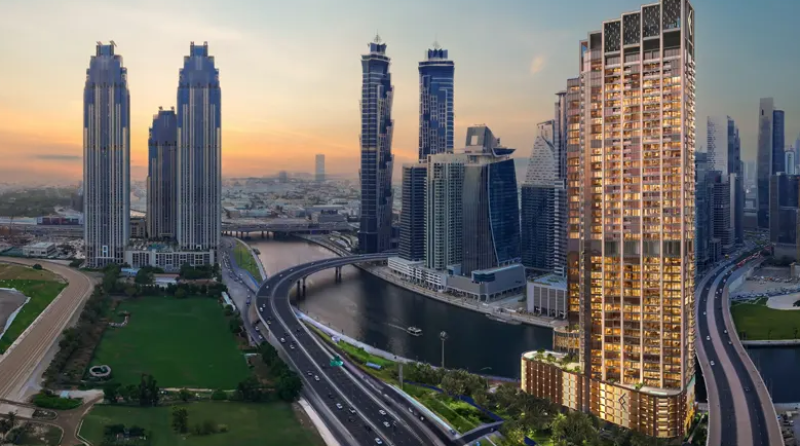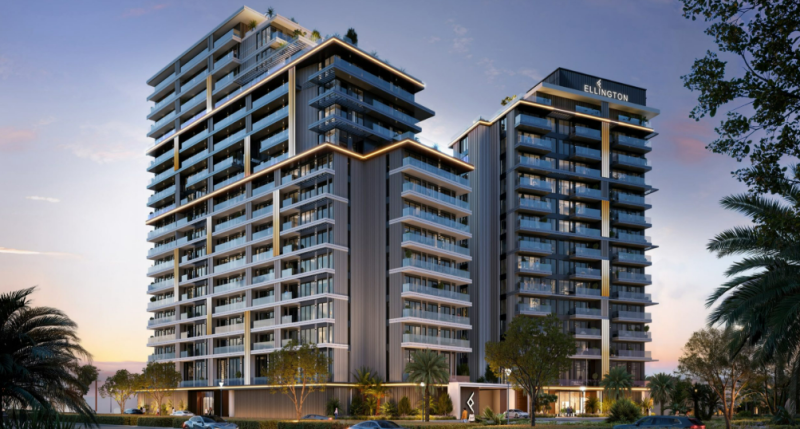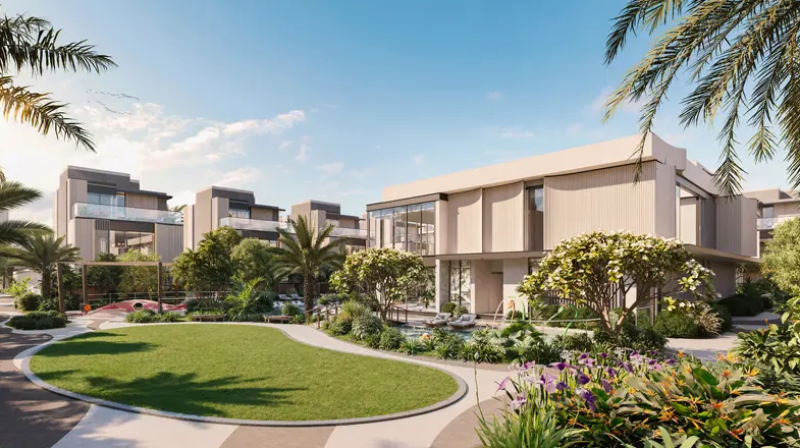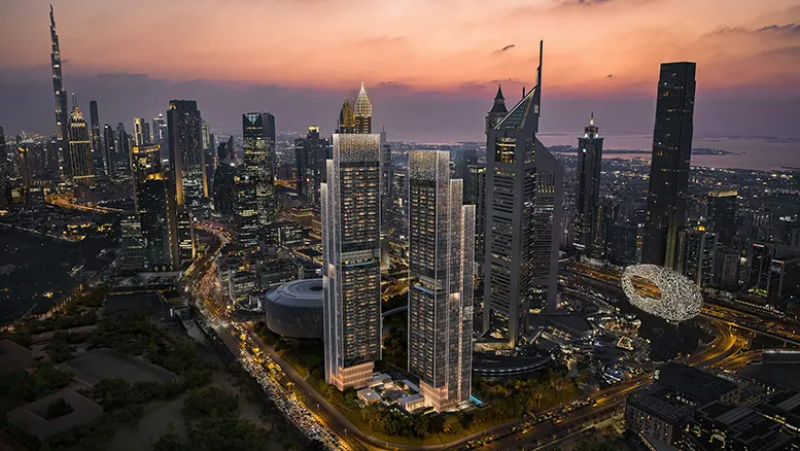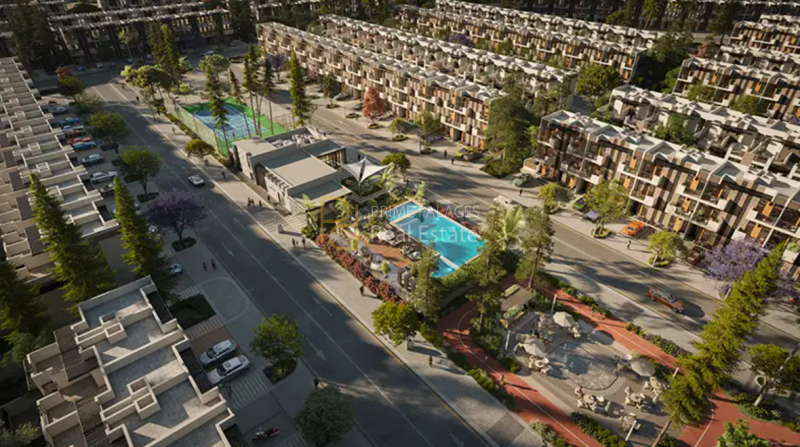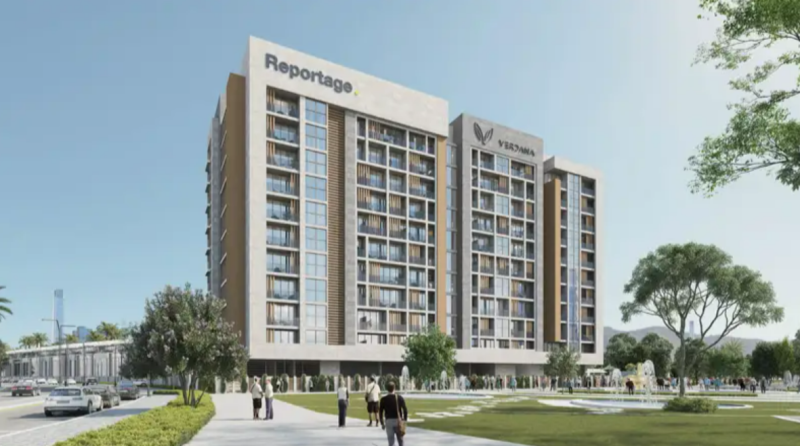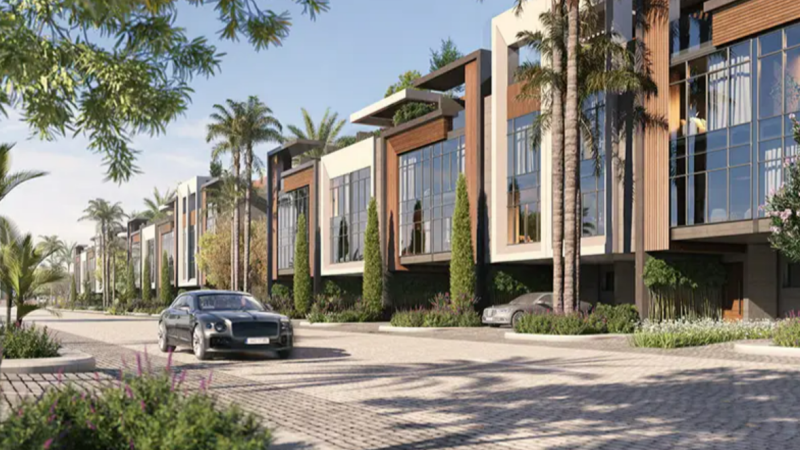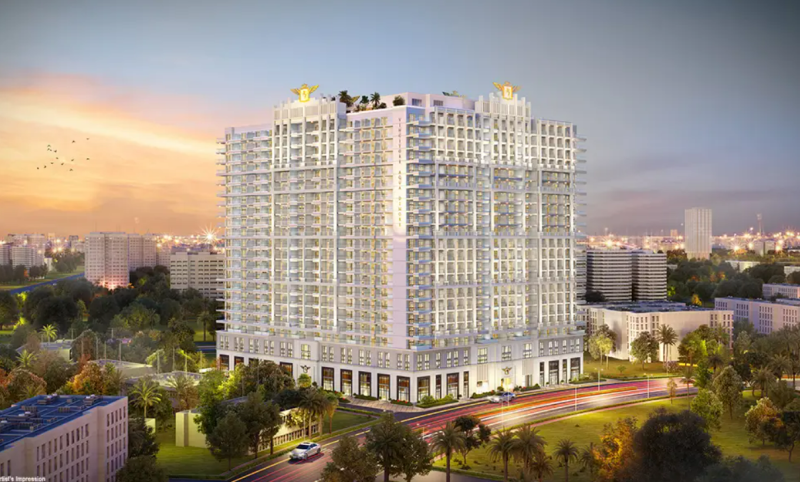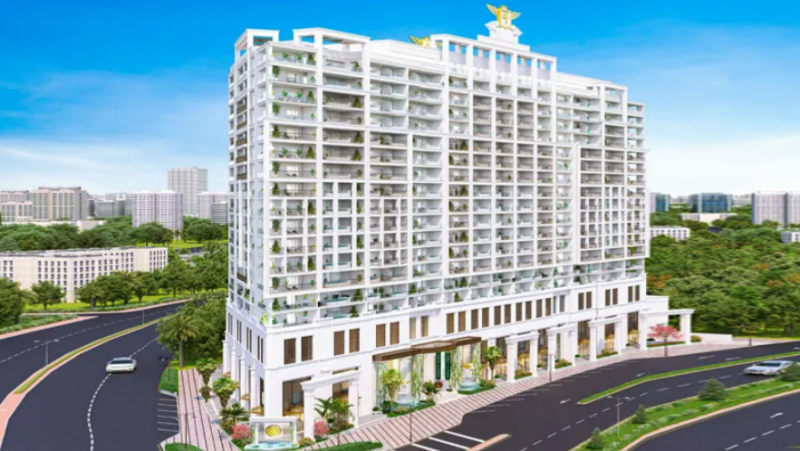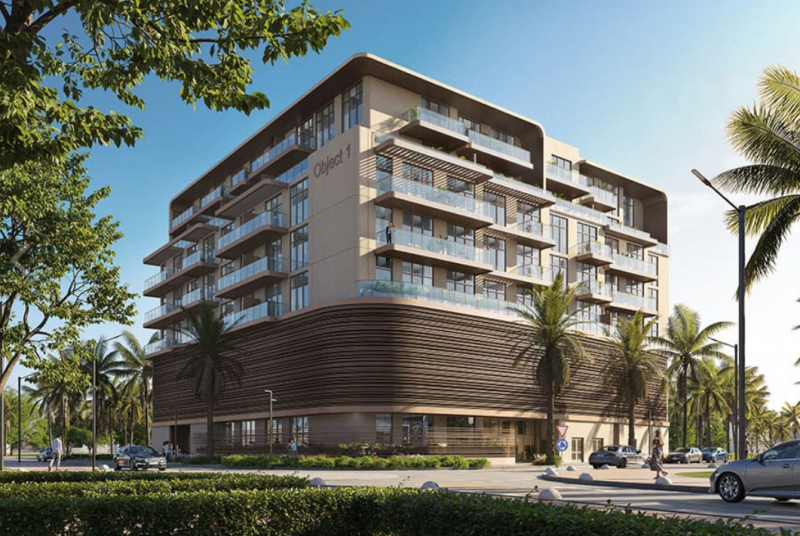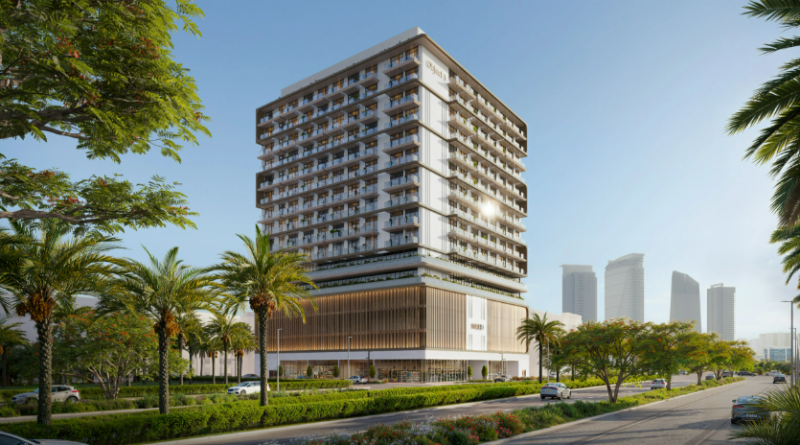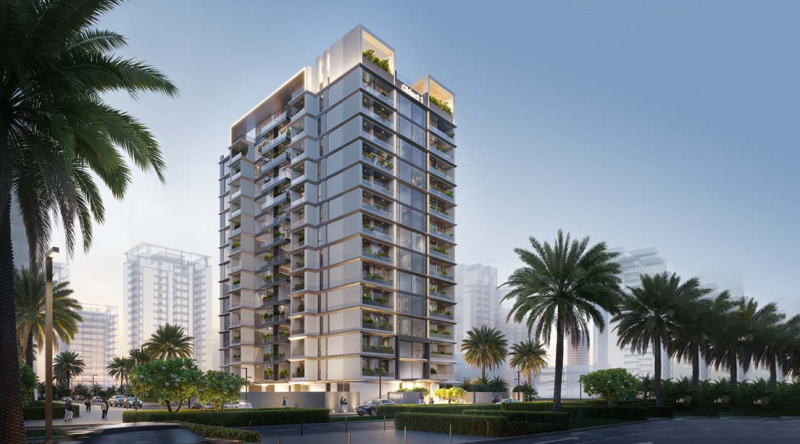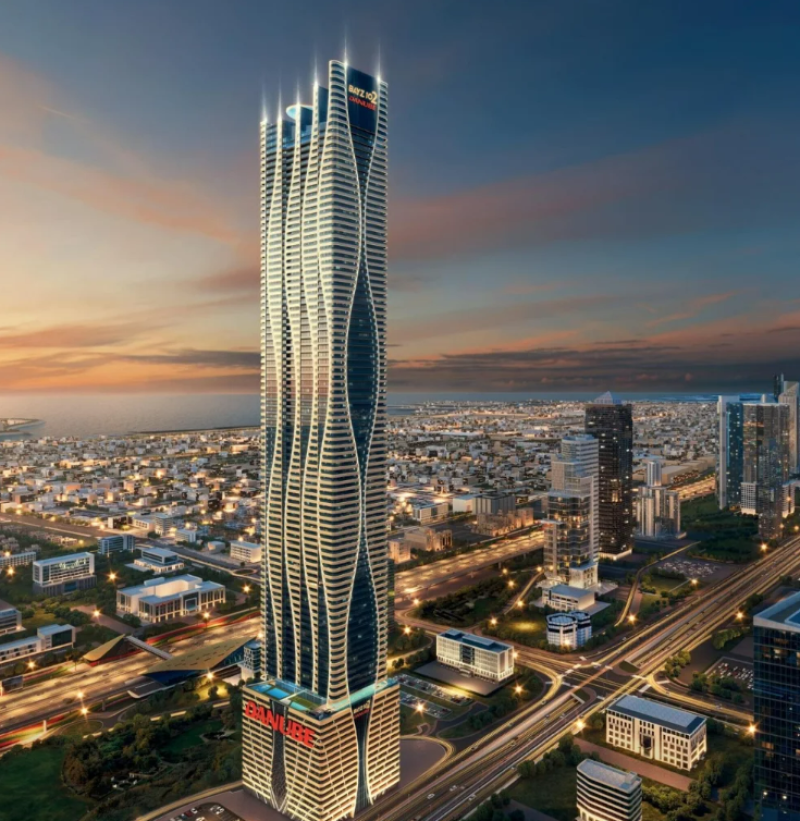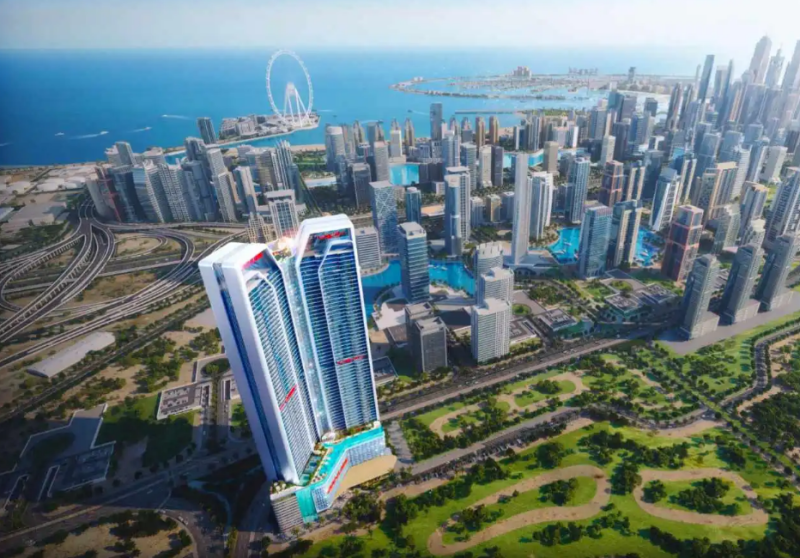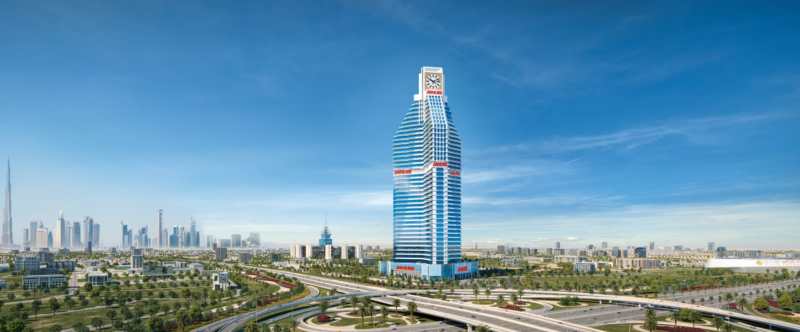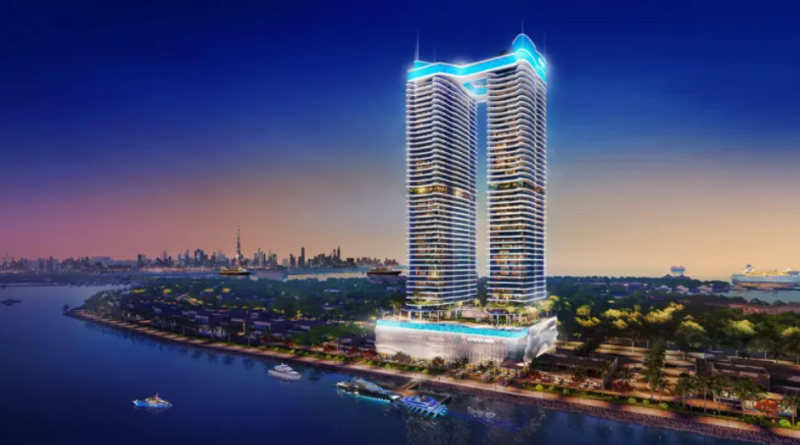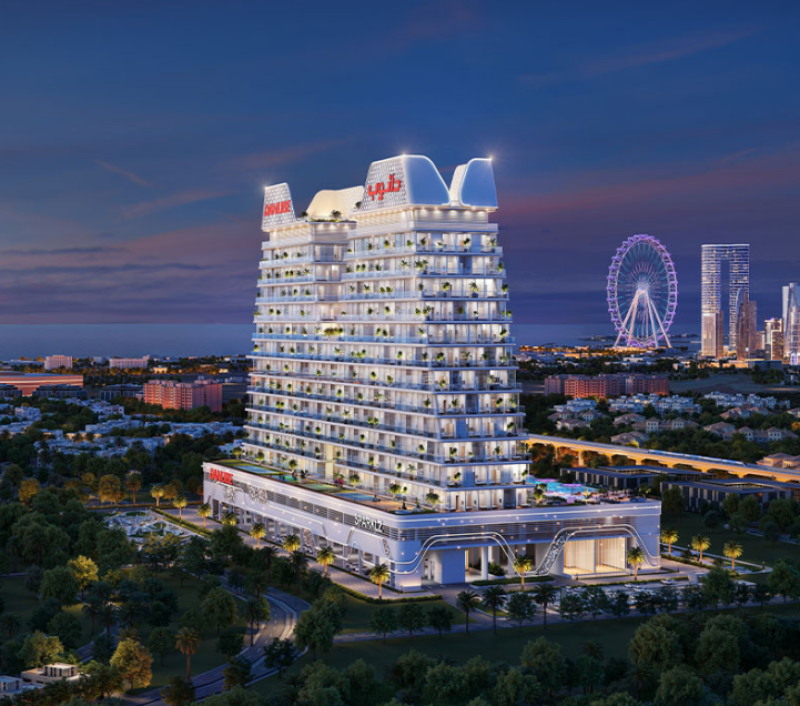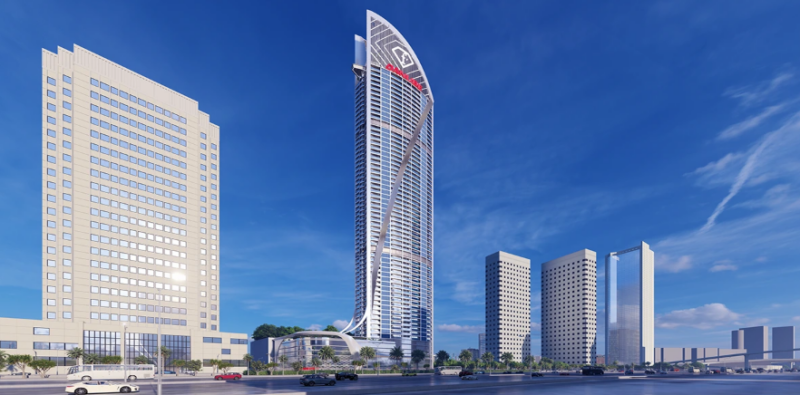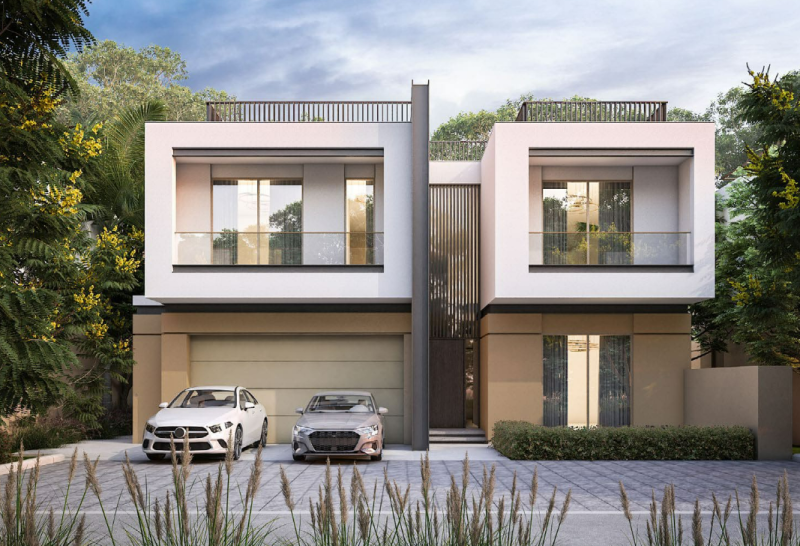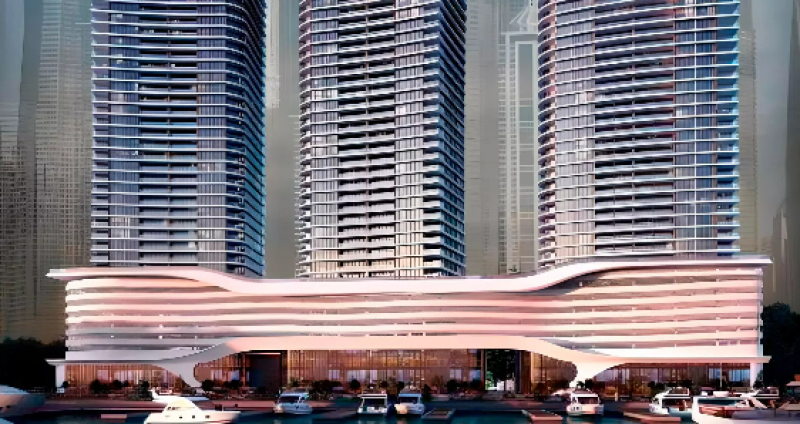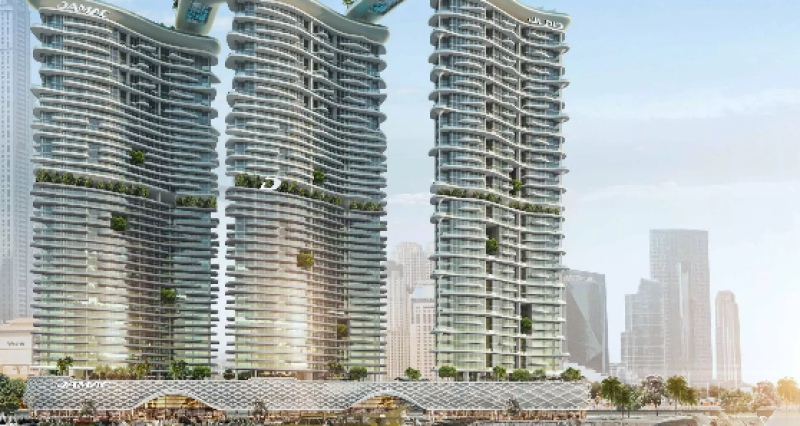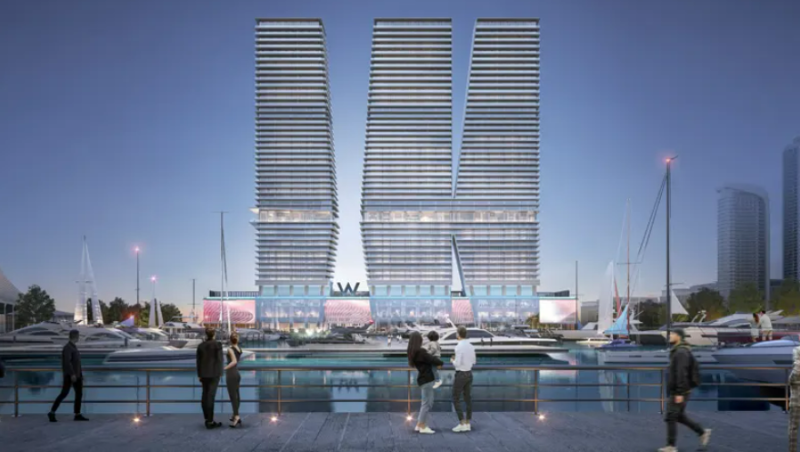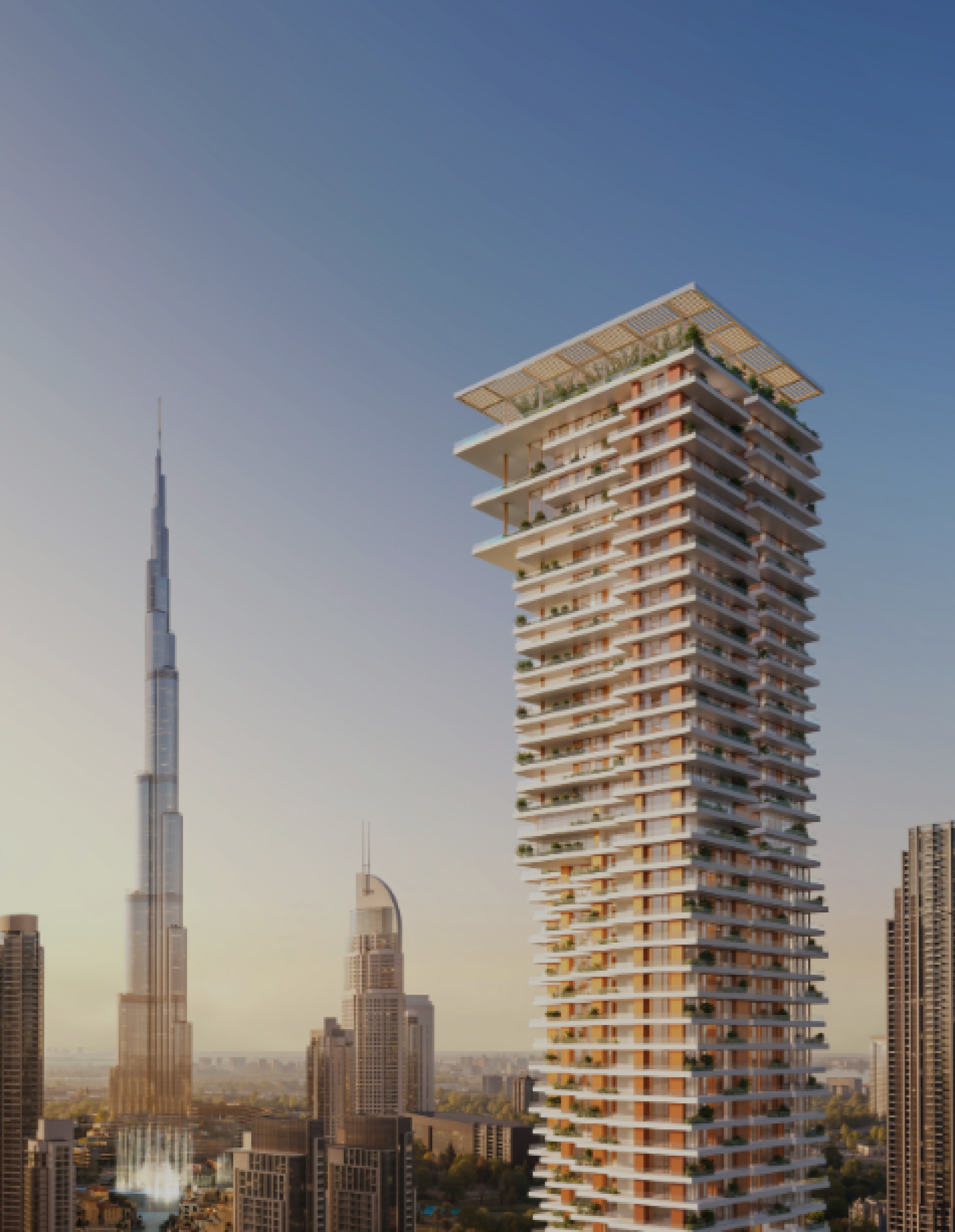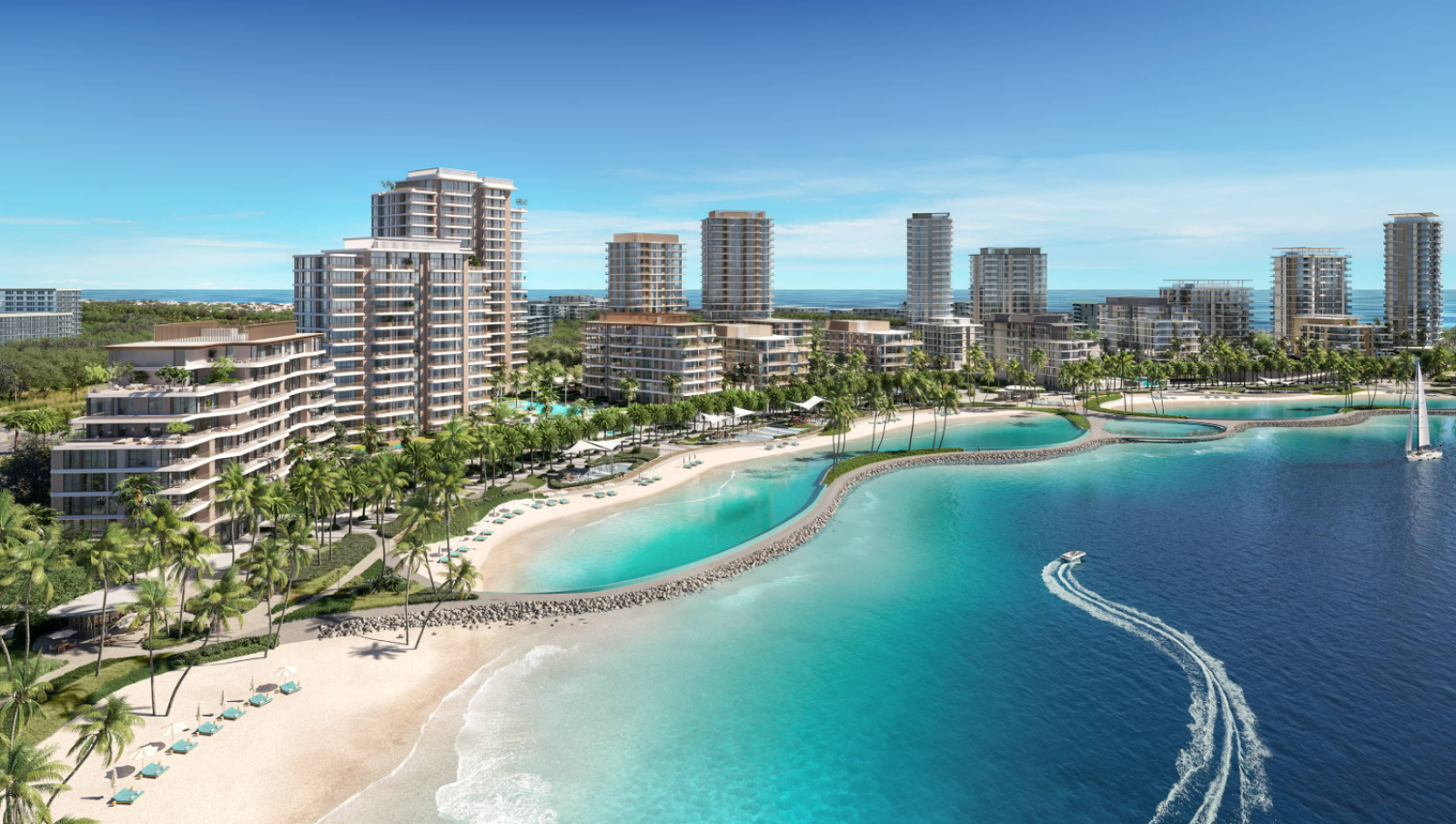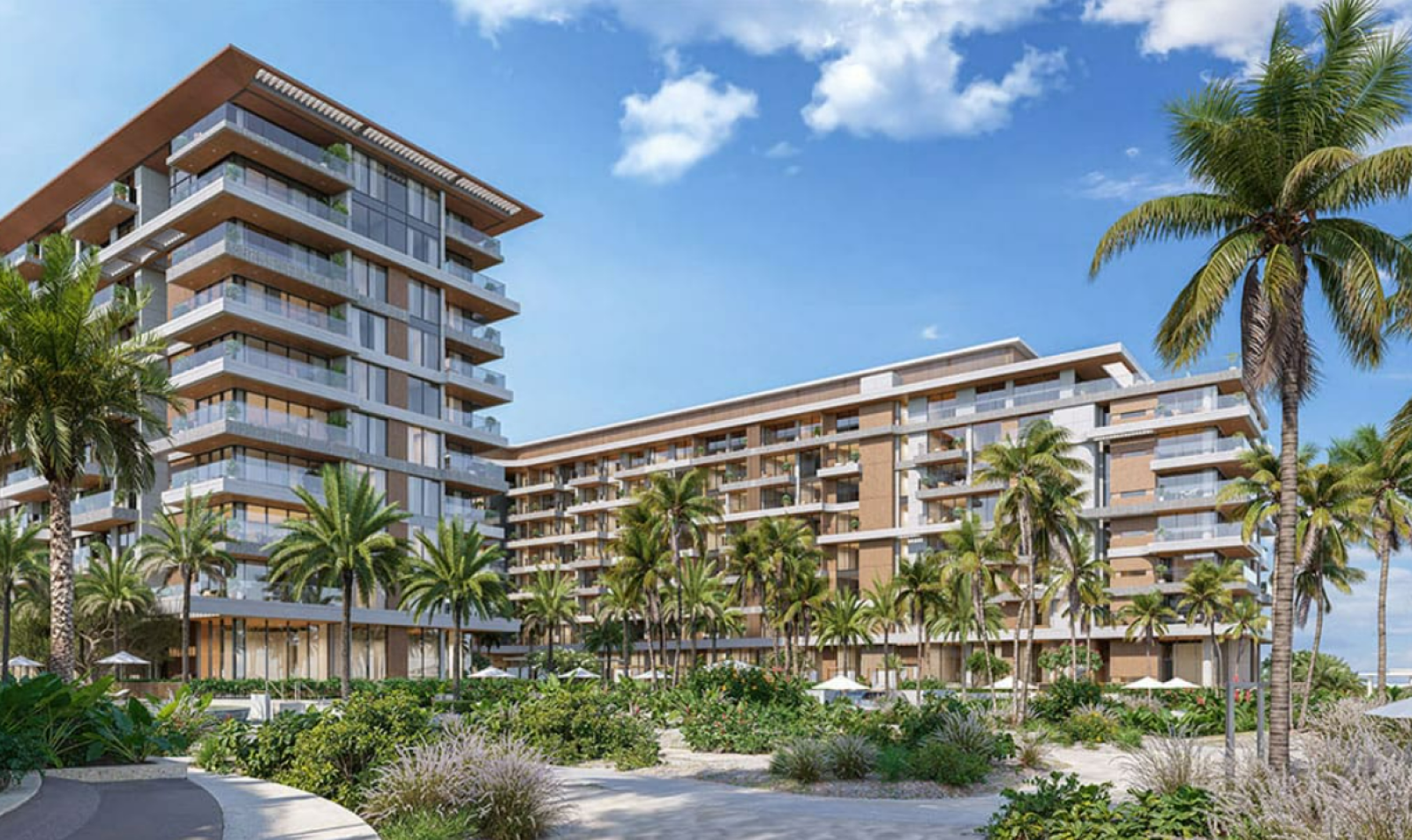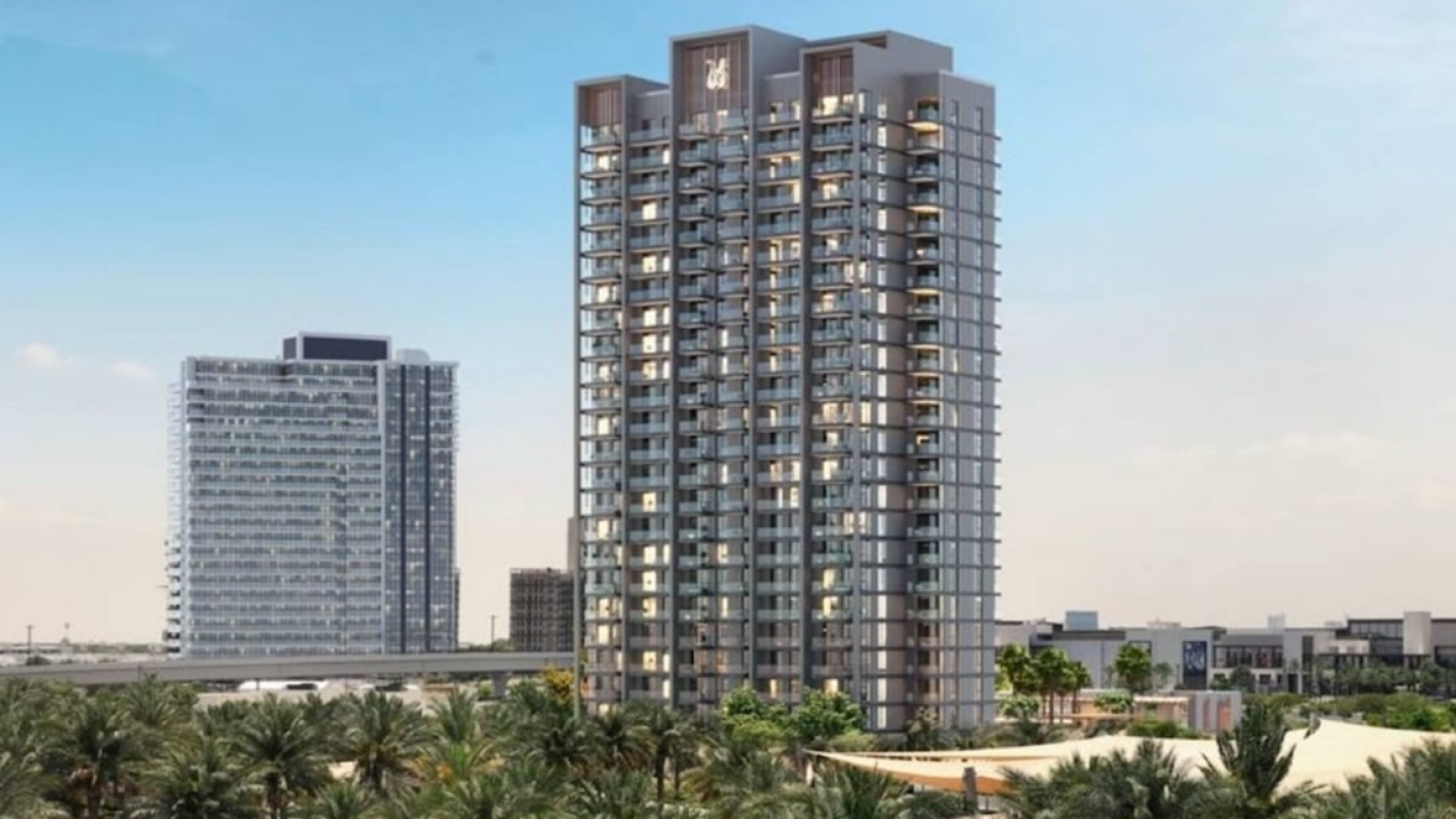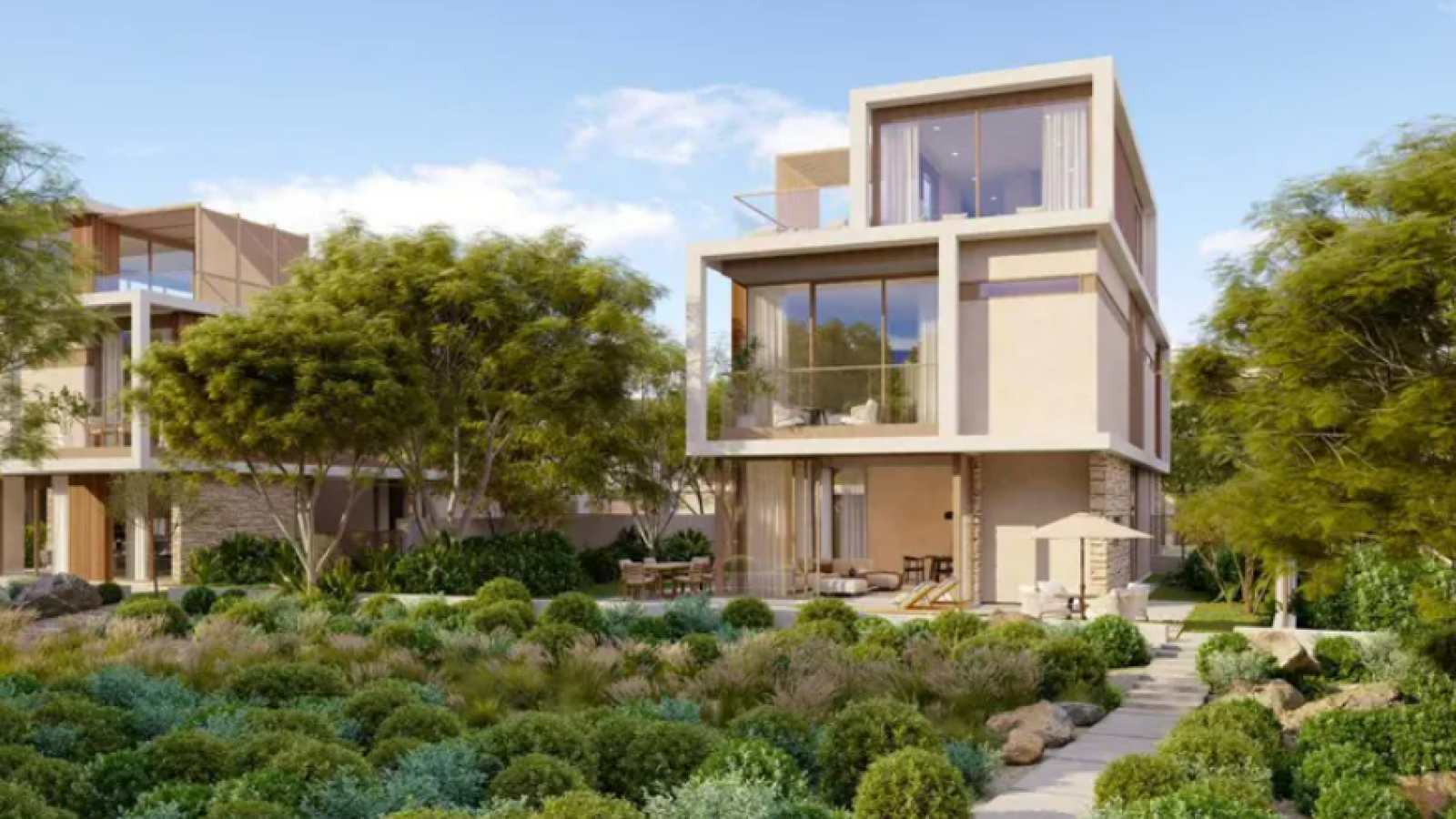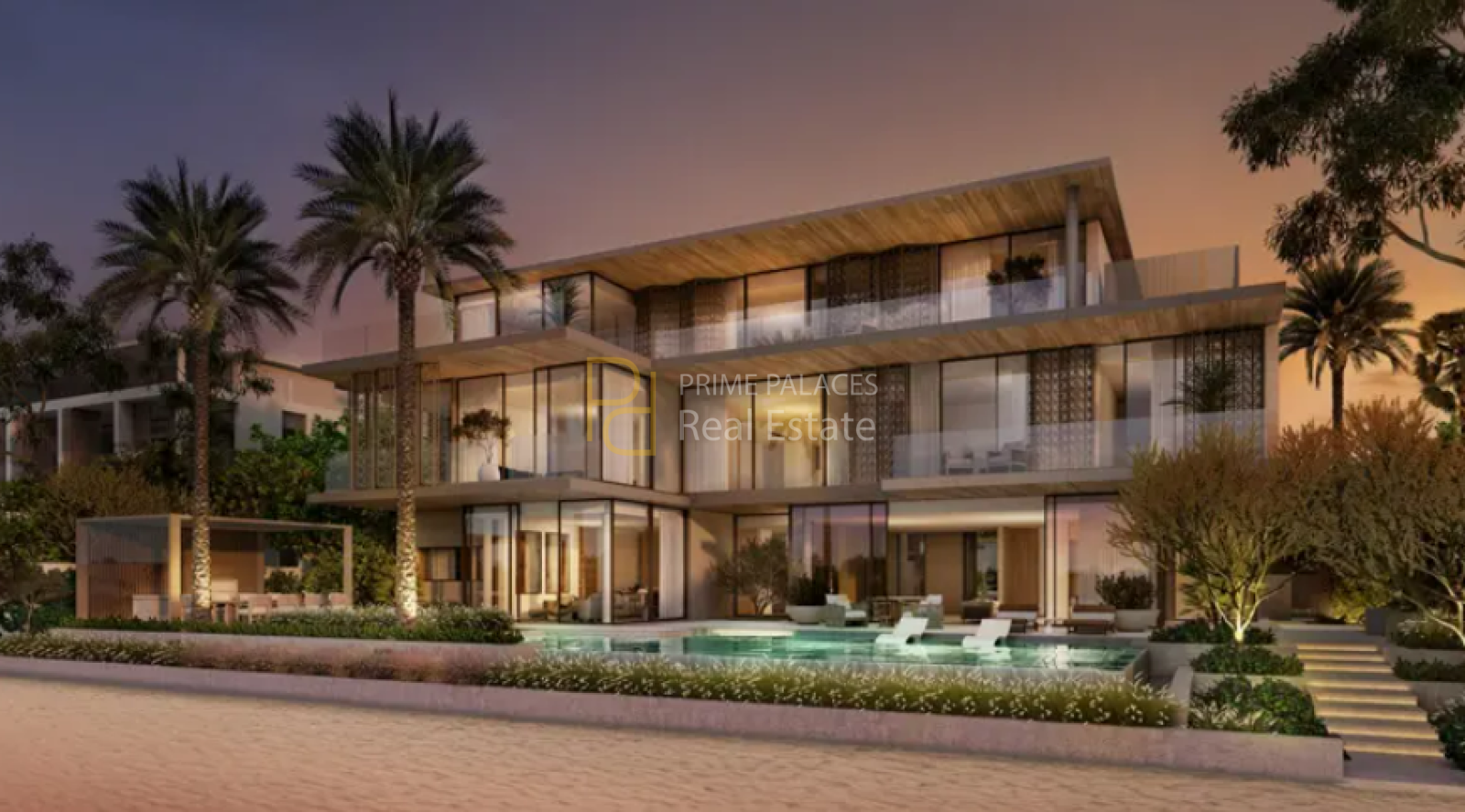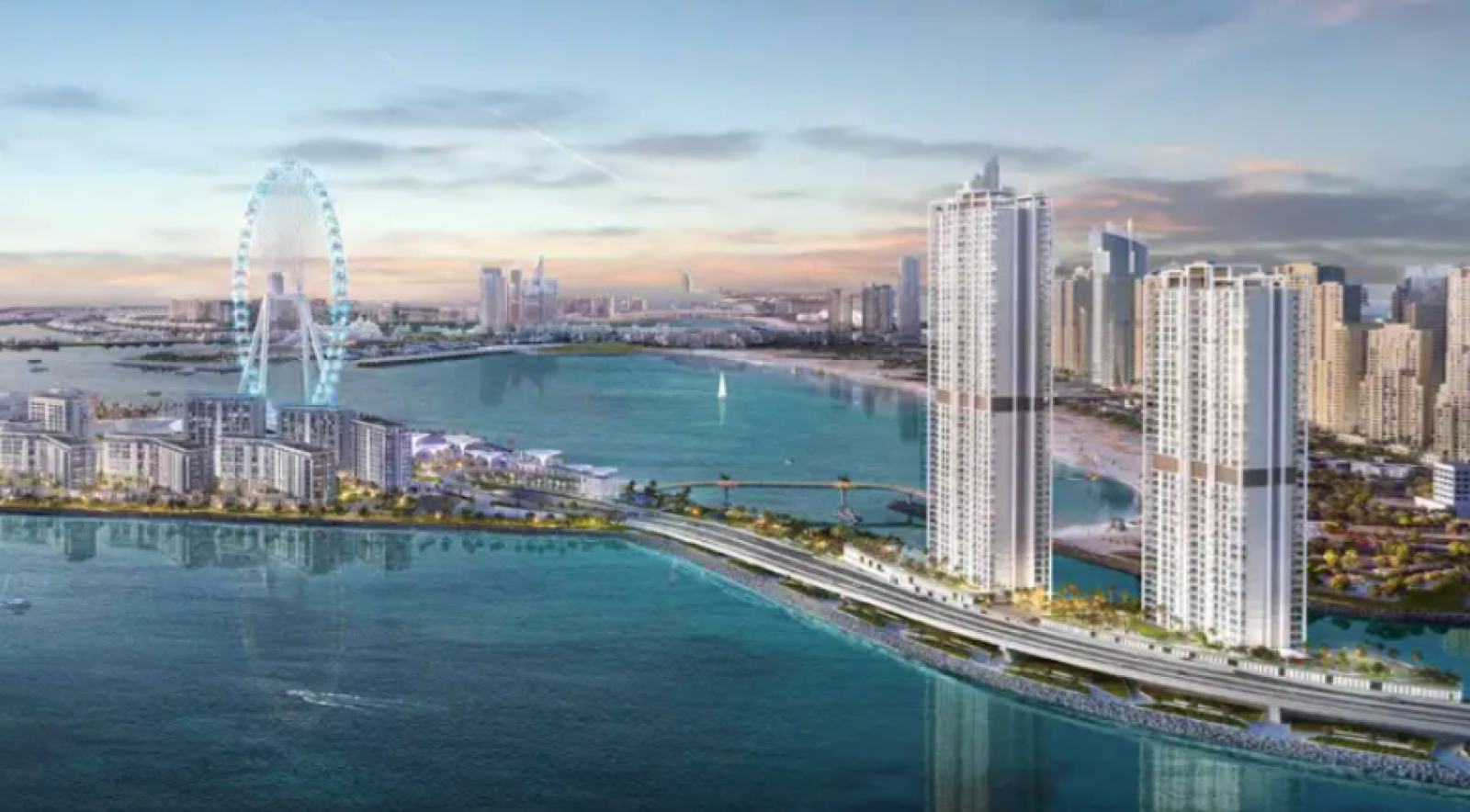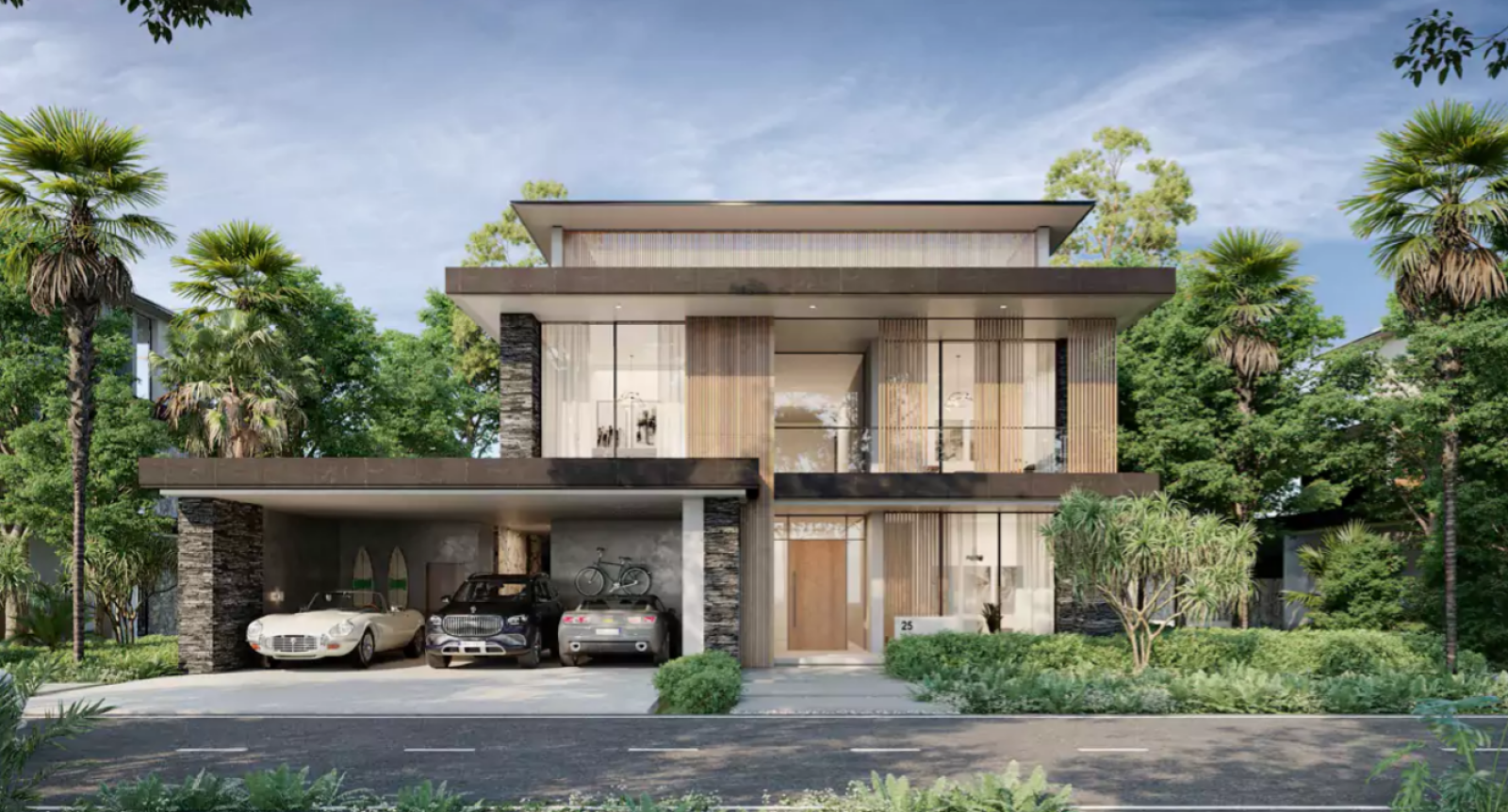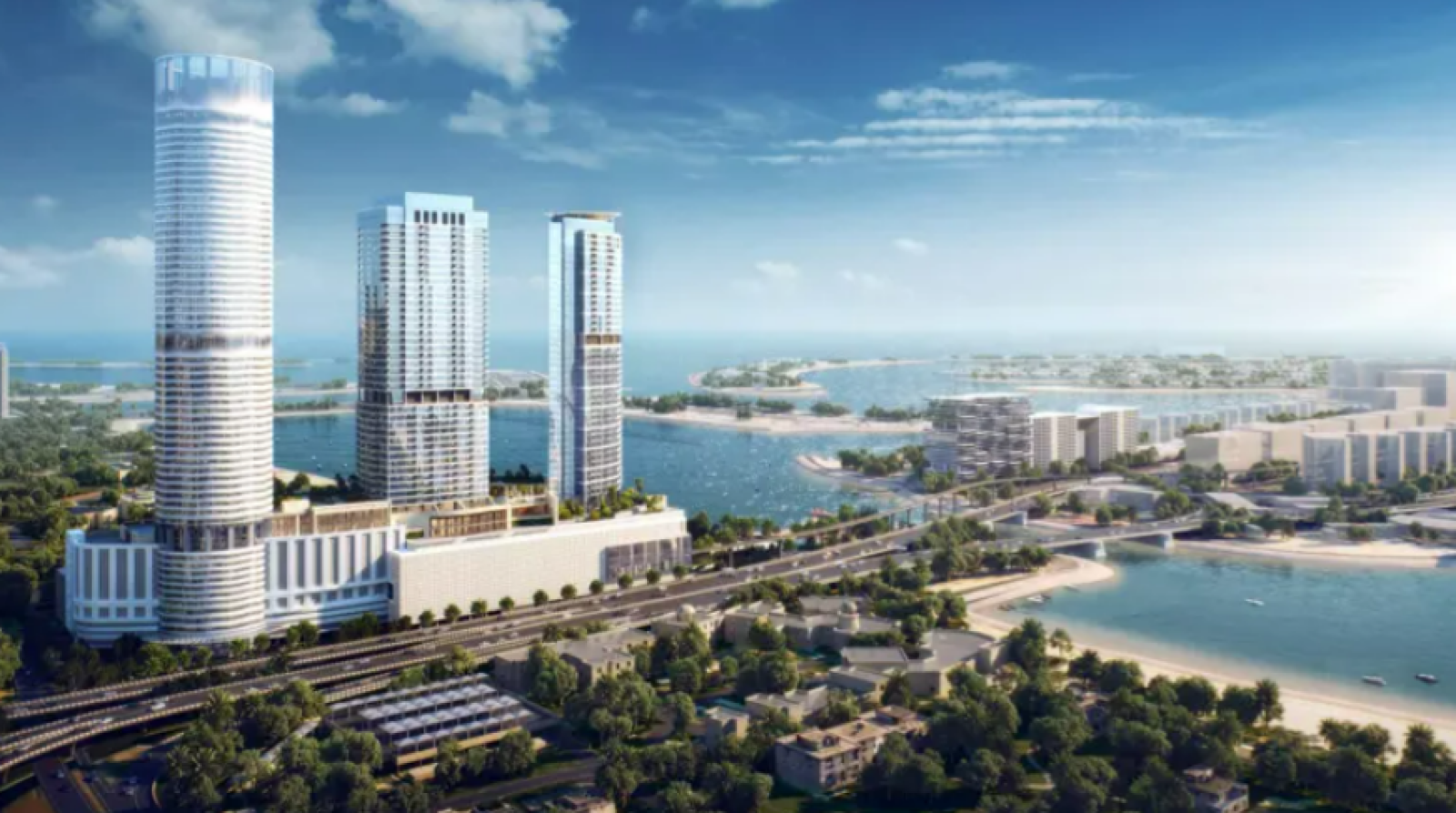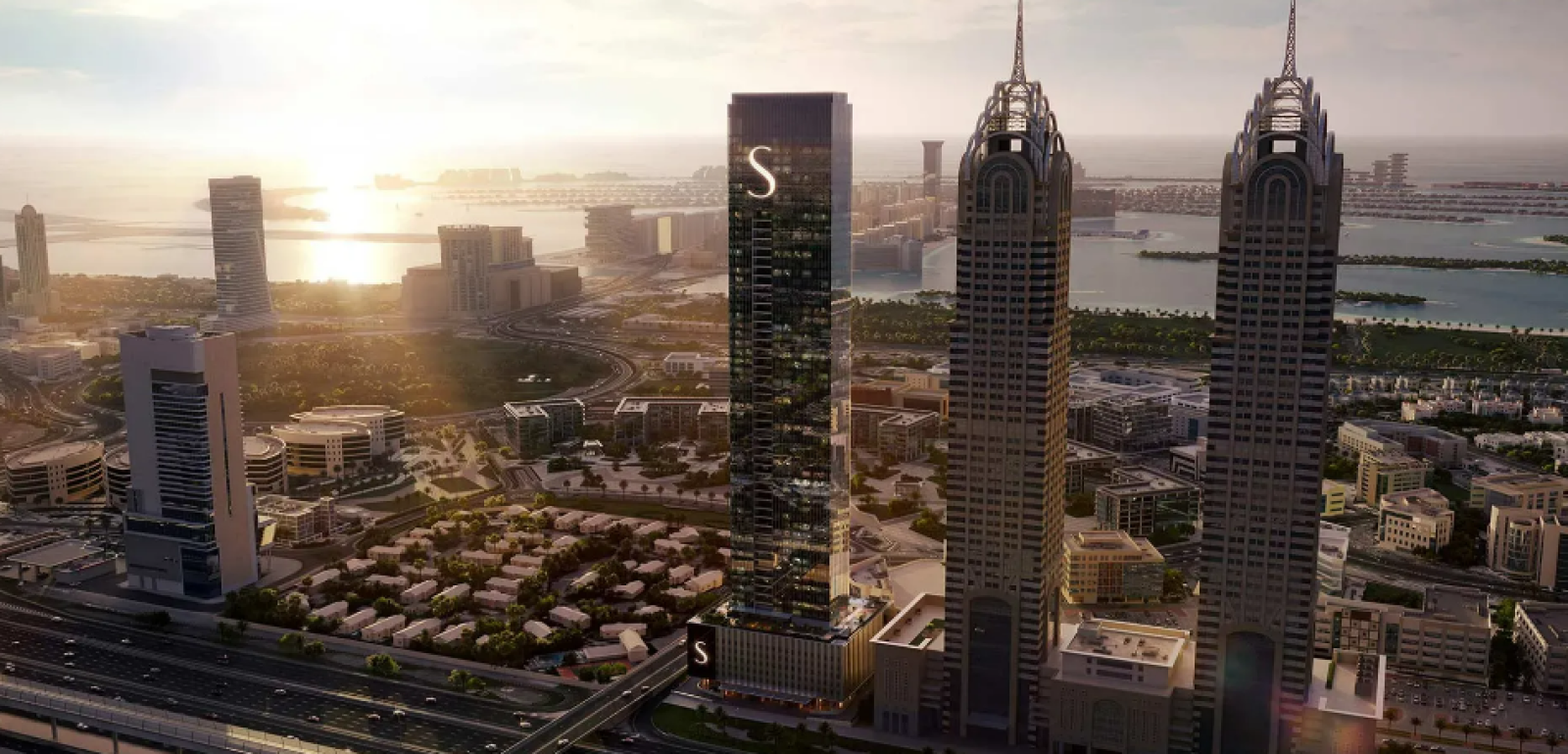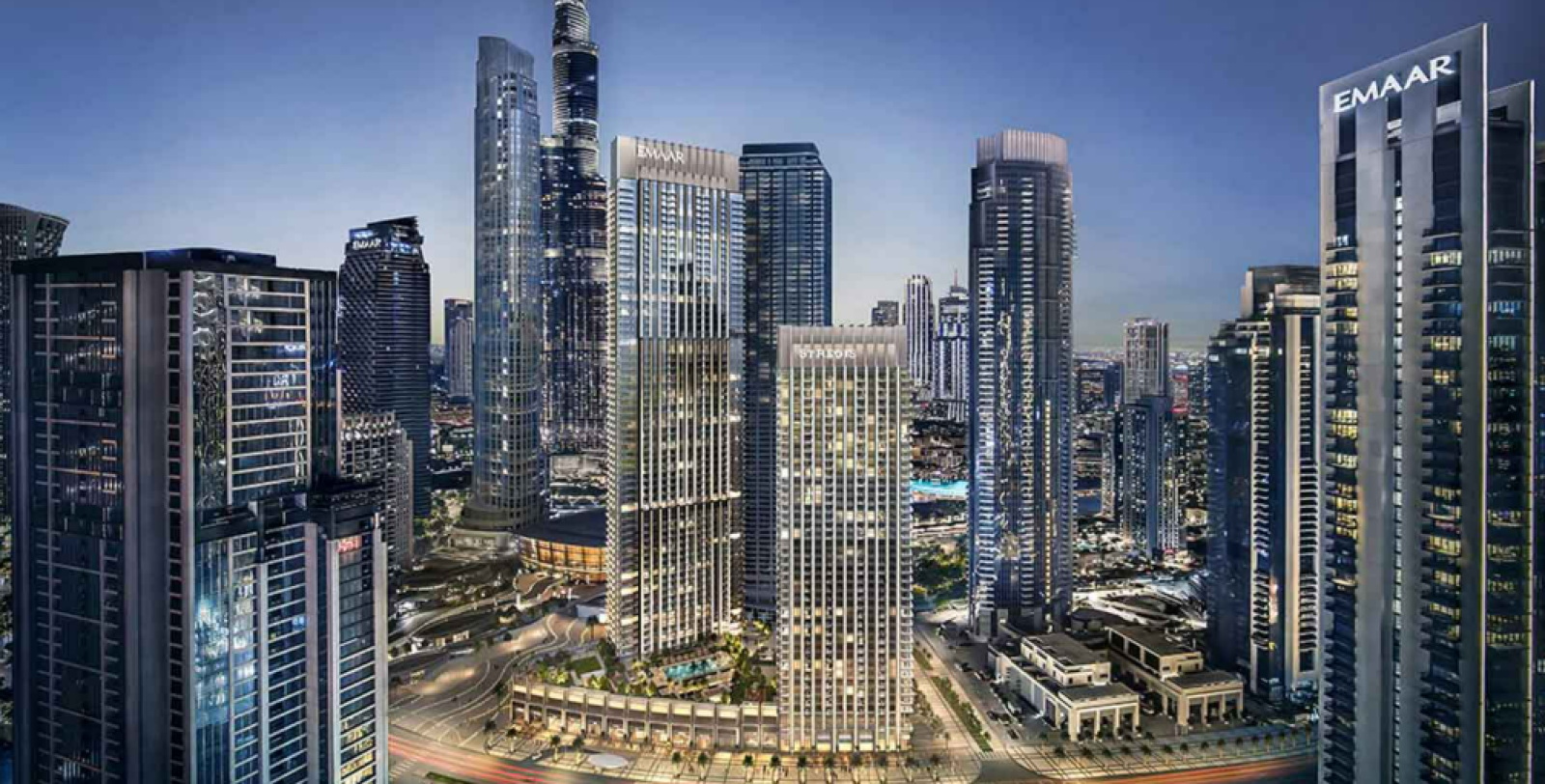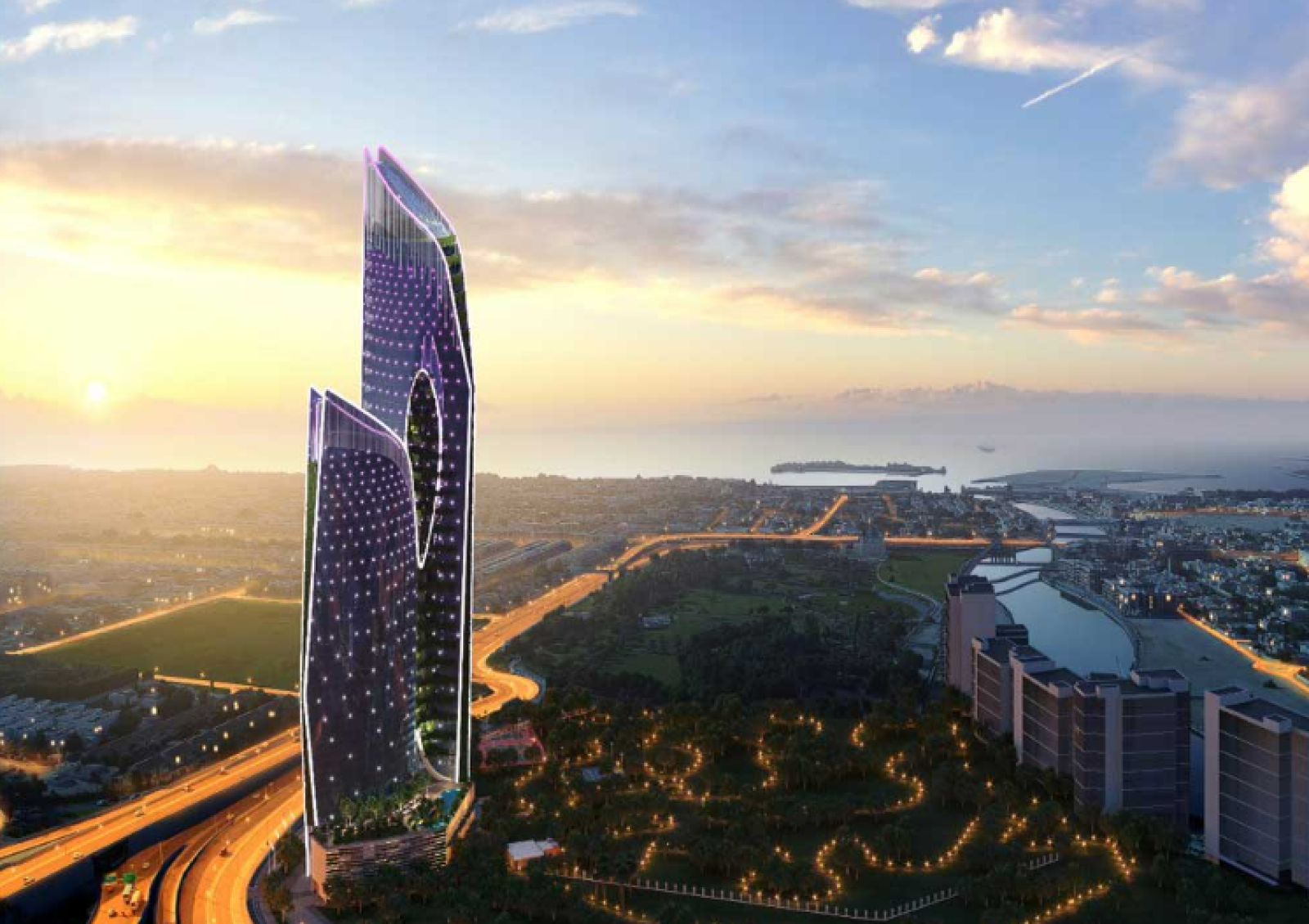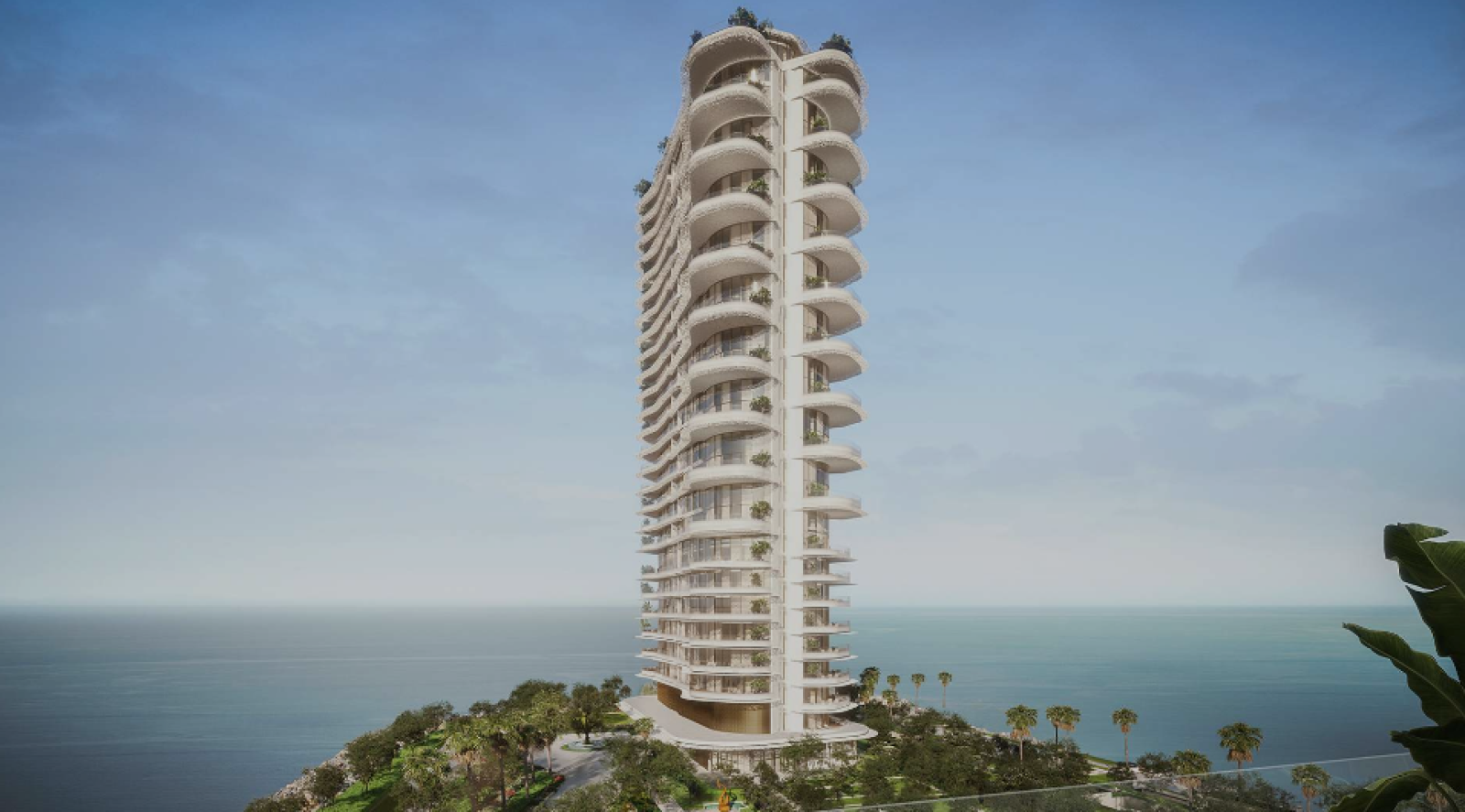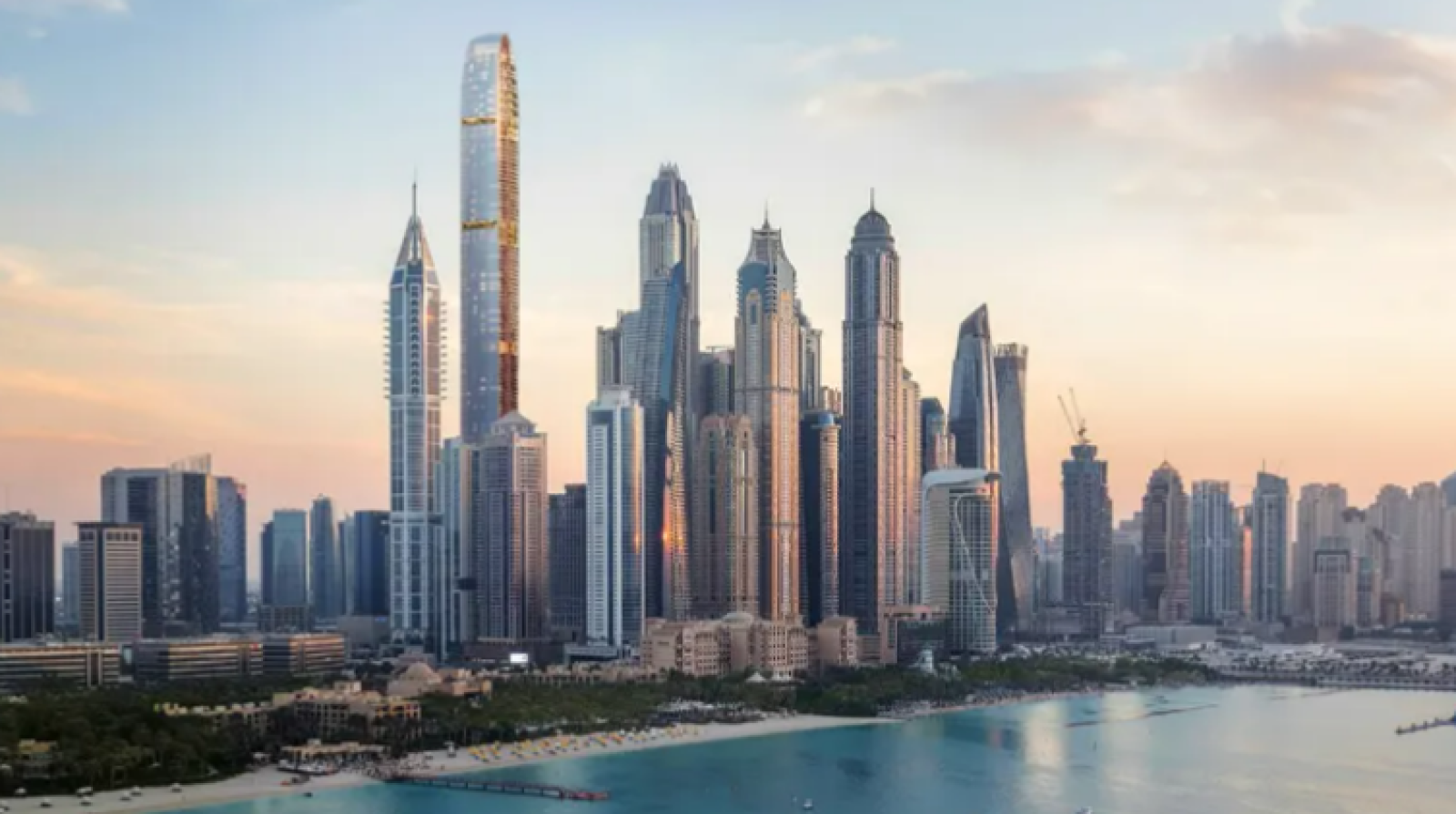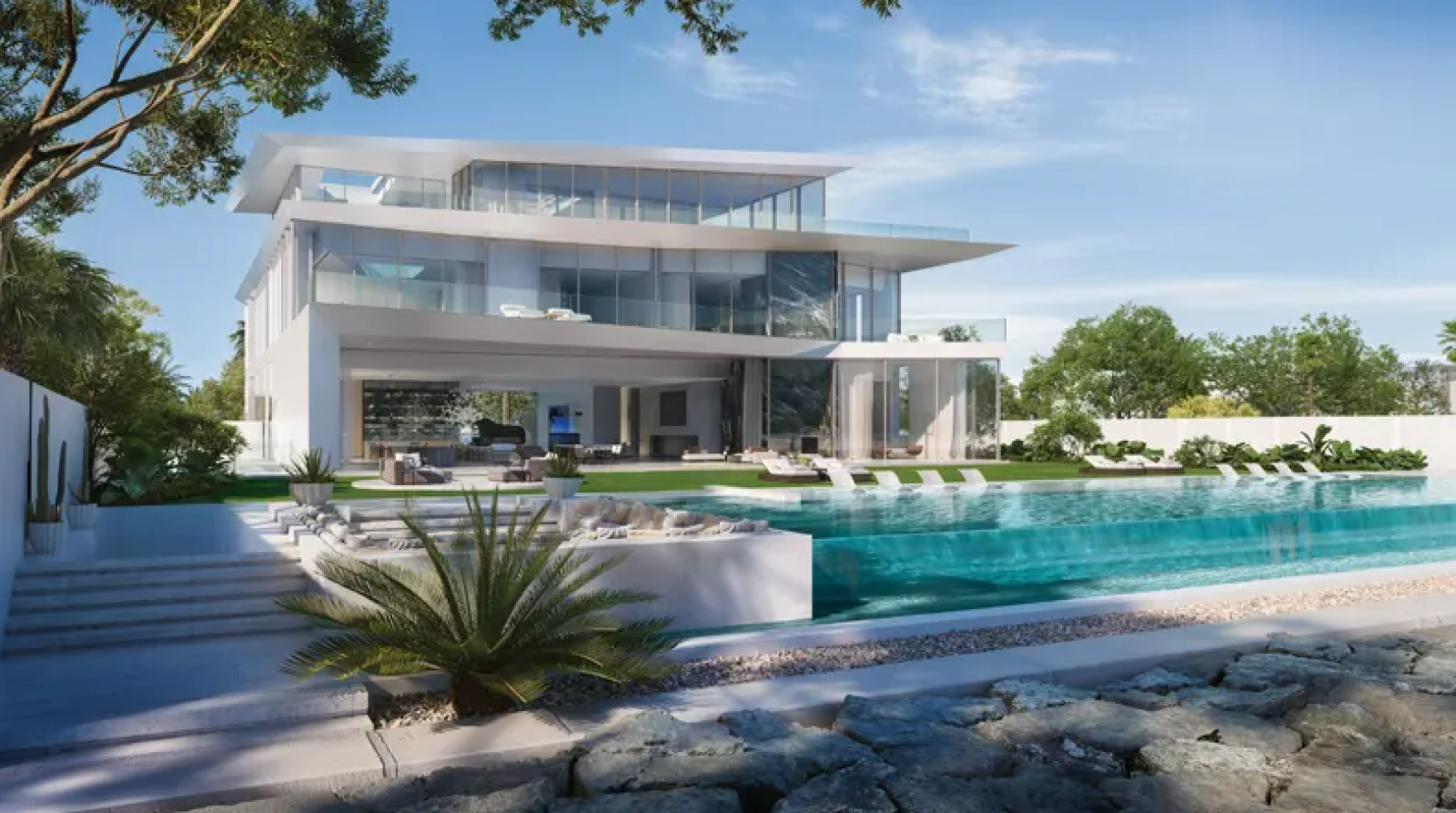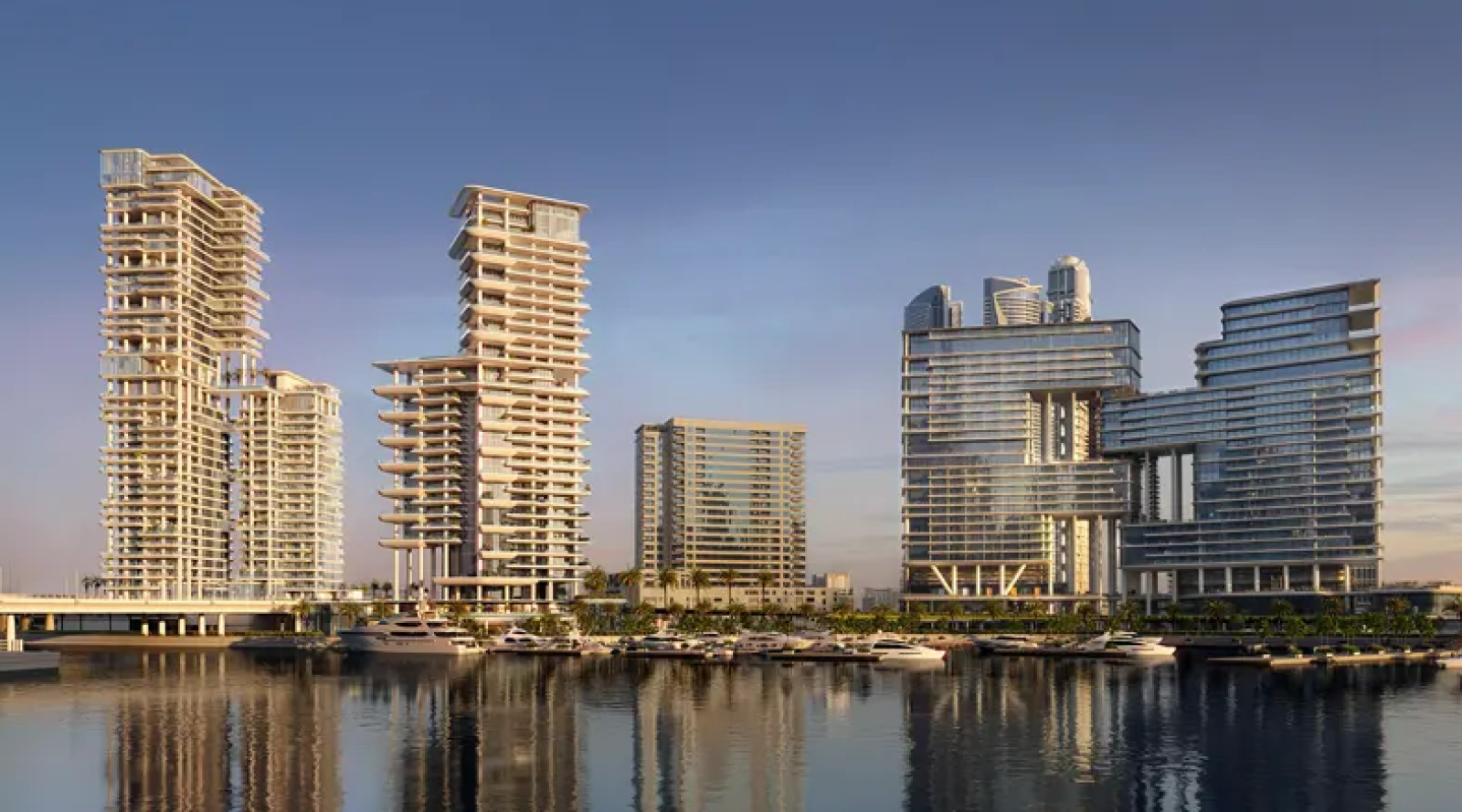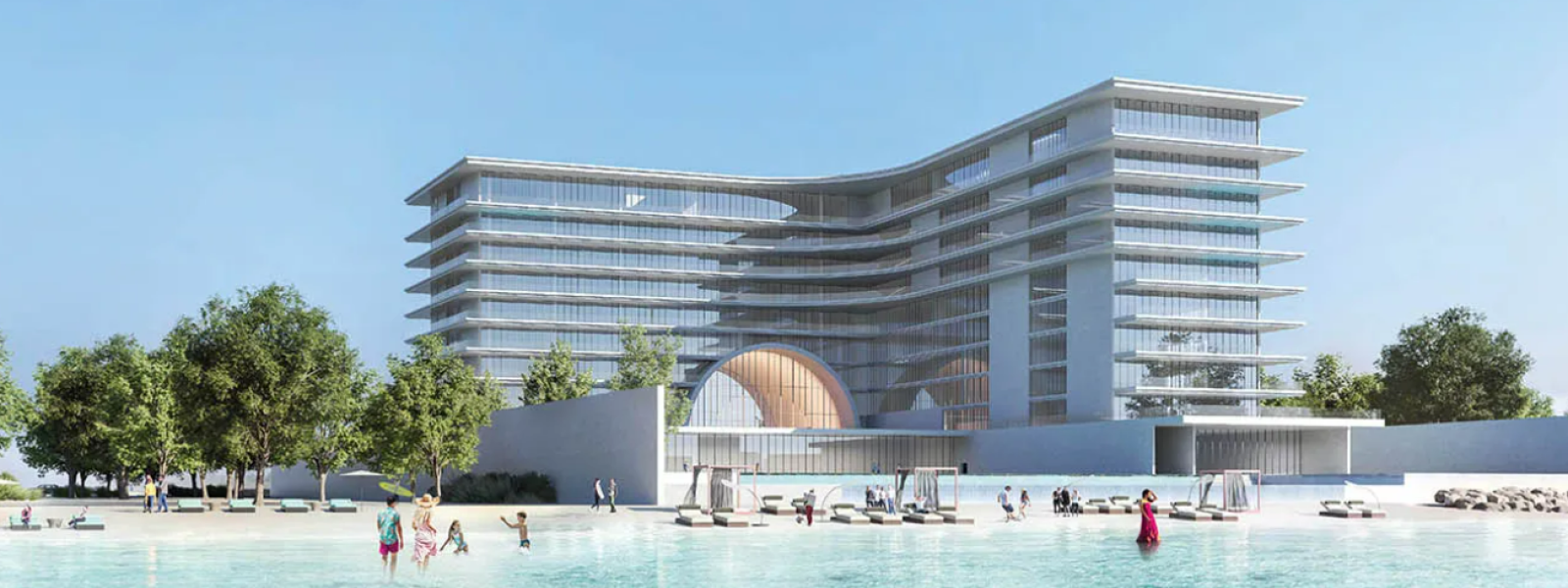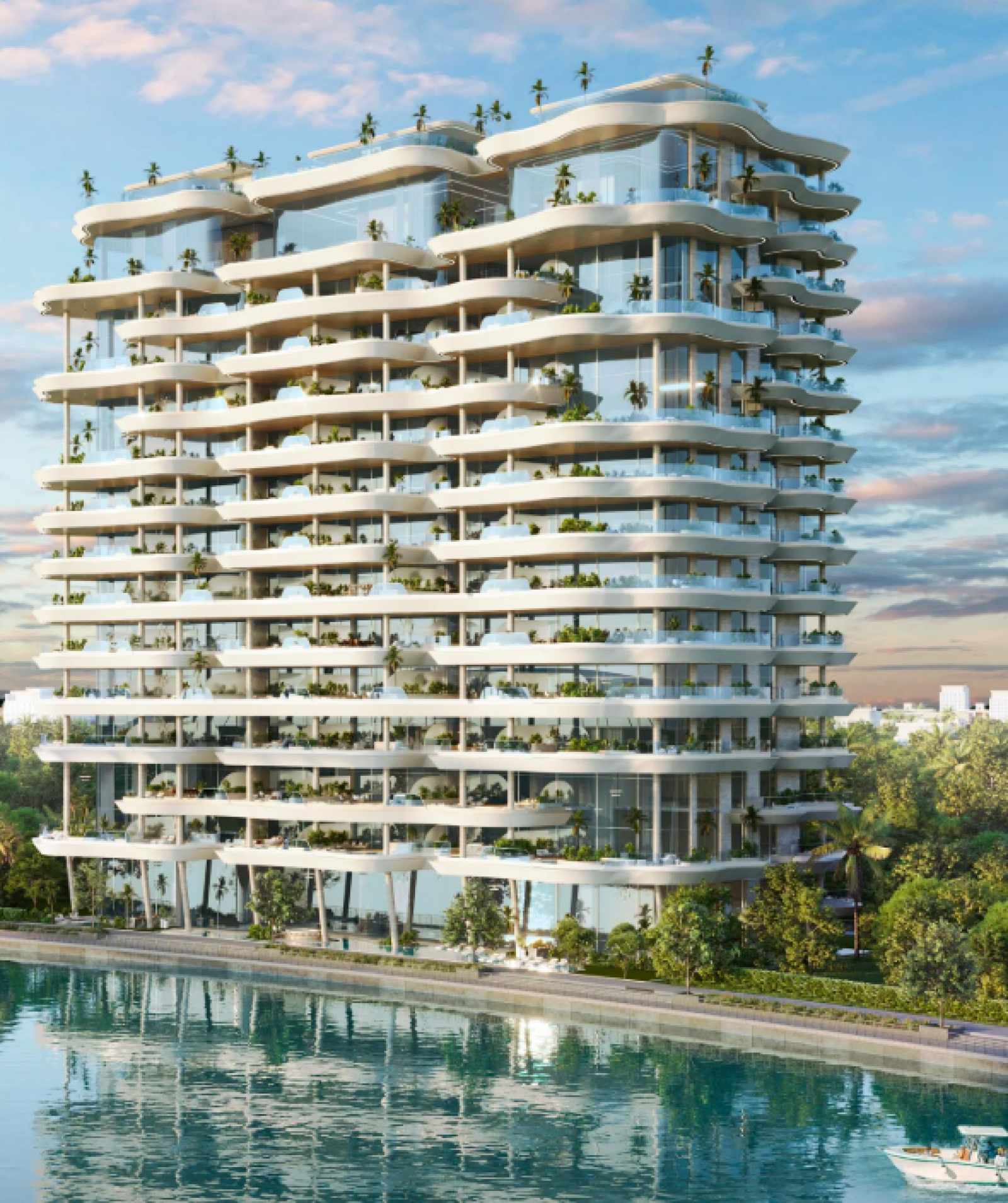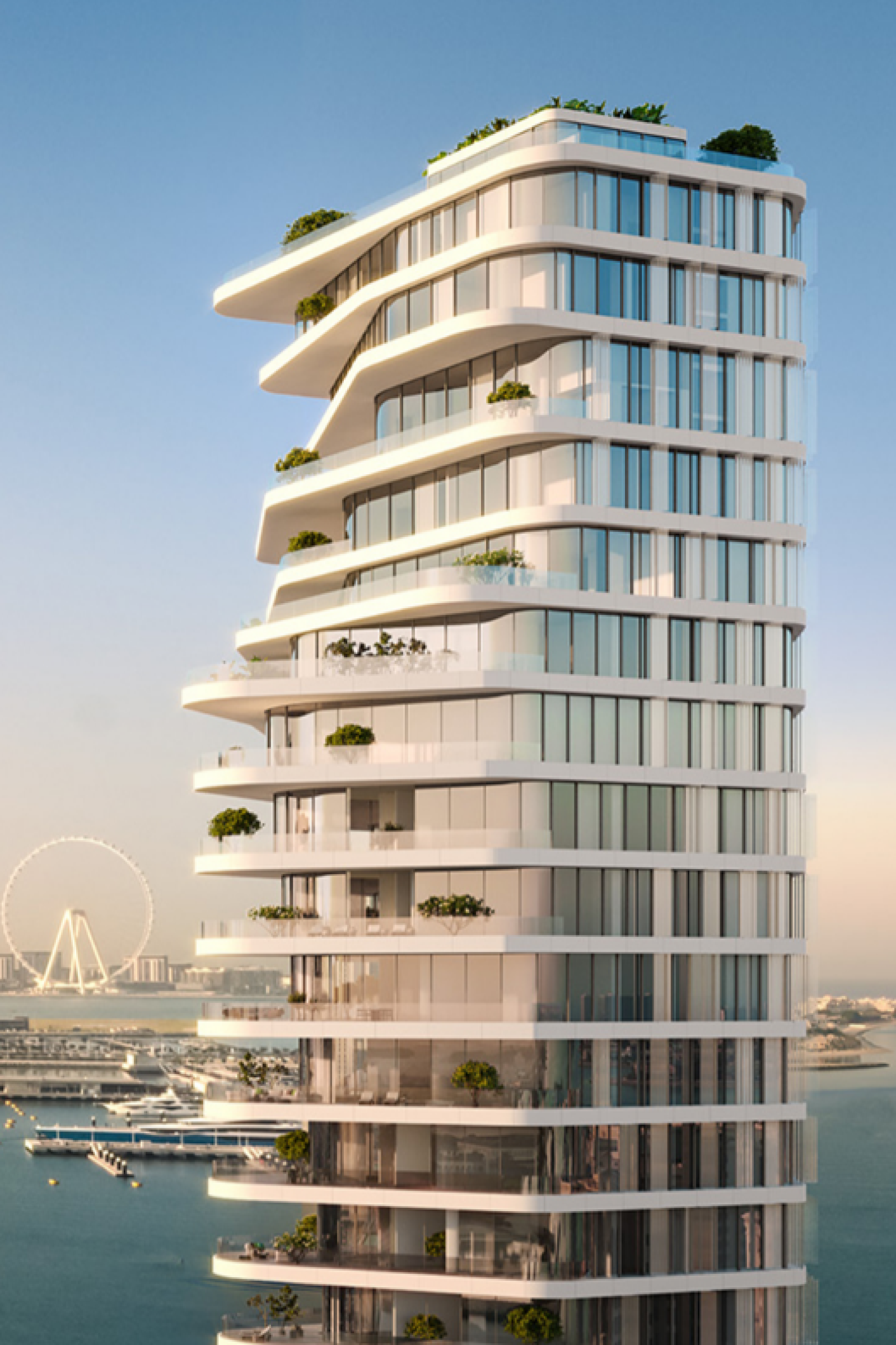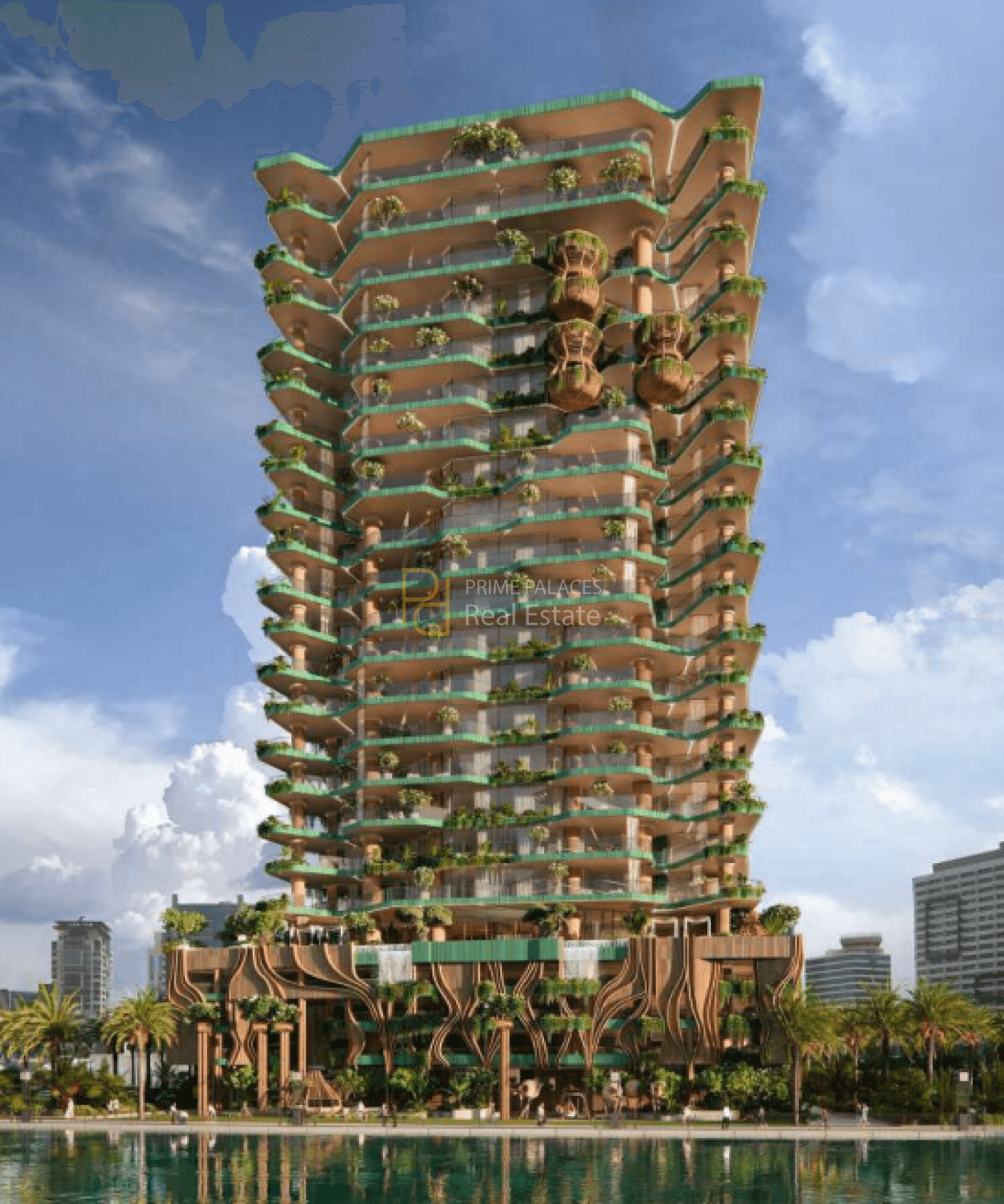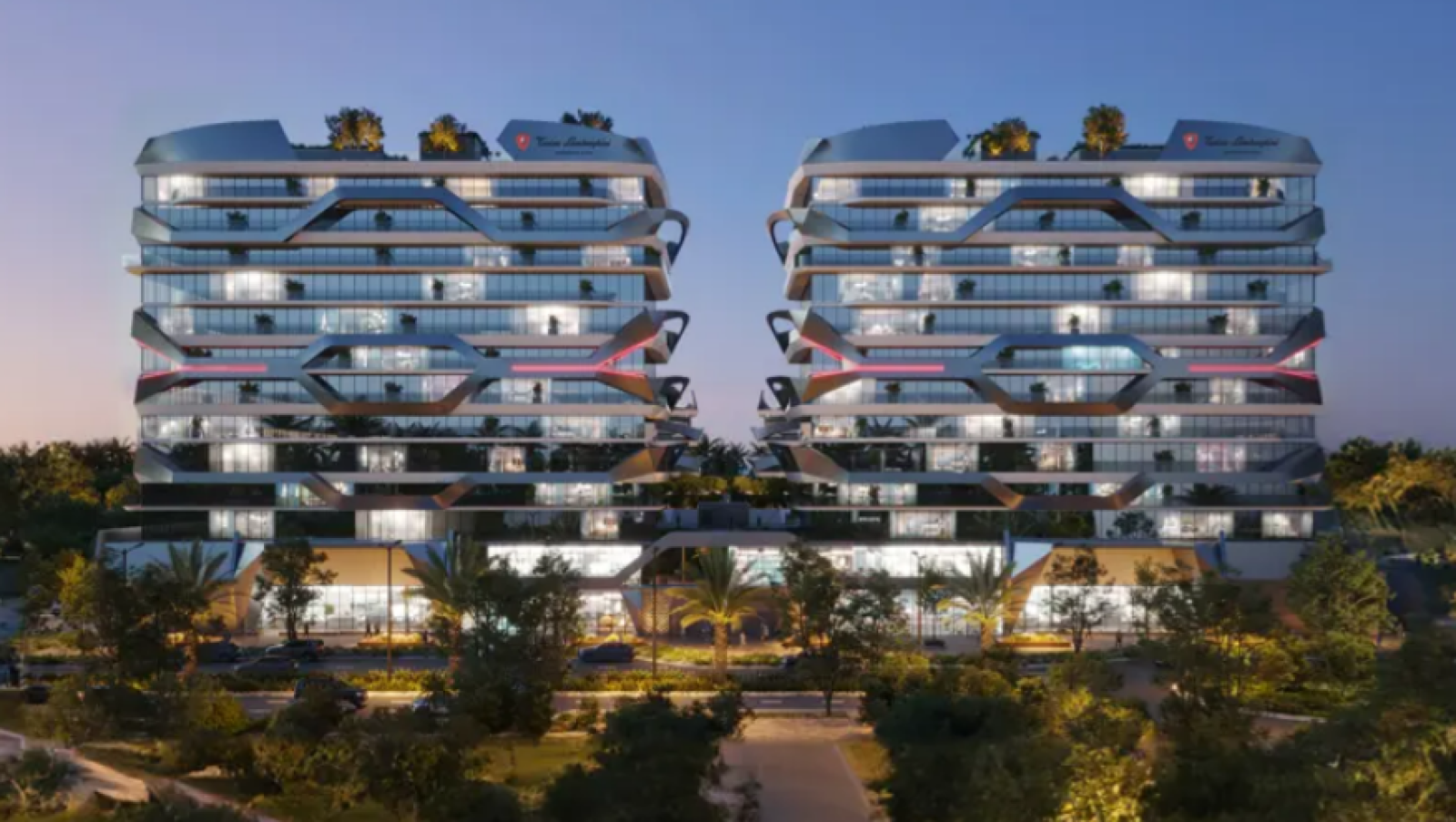Understanding ROI in Dubai Property Investments
Dubai’s real estate market has matured into one of the most attractive global destinations for investors. With a combination of tax-free income, growing infrastructure, and increasing international demand, understanding ROI in Dubai property investments is essential to making informed, strategic decisions.
ROI, or return on investment, reflects the profitability of a property relative to its total cost. Whether you're purchasing for income, appreciation, or both, a clear grasp of ROI enables better portfolio planning and helps identify high-performing assets within the Dubai property market.
1. How ROI Is Calculated in Real Estate
ROI is typically expressed as a percentage and calculated using the following basic formula:
ROI = (Net Annual Income / Total Investment Cost) x 100
Net income refers to rental income after deducting annual expenses such as service charges, maintenance, management fees, and potential vacancy loss. The total investment includes the purchase price, registration fees, commissions, and furnishing (if applicable).
For example, if a property generates AED 80,000 in annual net income and cost AED 1,000,000 in total, the ROI would be 8%.
2. Factors That Influence ROI in Dubai
Several elements affect the ROI of a Dubai property:
-
Location: Properties in areas with high rental demand, such as Downtown Dubai or JVC, typically offer stronger ROI due to consistent occupancy and competitive pricing.
-
Property Type: Studio and one-bedroom units often produce higher ROI percentages because of lower entry costs and strong demand from single professionals and couples.
-
Market Timing: Entering the market during buyer-favorable cycles can improve acquisition costs, positively impacting long-term ROI.
-
Furnishing and Amenities: Well-maintained, furnished properties generally command higher rents and faster leasing, improving cash flow.
-
Payment Terms: Properties purchased off-plan with favorable payment plans may improve ROI by reducing upfront capital outlay and locking in pre-completion pricing.
3. ROI in Off-Plan vs. Ready Properties
Off-plan properties in Dubai often present strong ROI potential due to lower purchase prices and capital appreciation upon handover. However, they typically involve a waiting period before income generation begins.
Ready properties, on the other hand, allow investors to start earning income immediately, enabling faster ROI realization. The choice between the two depends on the investor’s strategy—whether they prioritize short-term cash flow or long-term gains.
4. ROI vs. Capital Appreciation
While ROI focuses on income, many Dubai investors also consider capital appreciation—the increase in property value over time. High-growth areas with infrastructure development or major project launches often offer strong capital upside in addition to rental returns.
Combining both metrics—ROI and appreciation—gives a more complete picture of a property's performance and overall investment viability in the Dubai real estate market.
5. Benchmarking and Due Diligence
Smart investors benchmark potential ROI against comparable properties in the same area and perform due diligence on service charges, vacancy trends, and upcoming developments. Working with qualified consultants or real estate brokers in Dubai can provide access to accurate rental data and realistic return projections.
Understanding these metrics empowers investors to choose assets that align with their goals, whether it’s monthly income, long-term equity growth, or both.
Conclusion
ROI in Dubai property investments remains a vital performance metric in 2025, helping investors navigate opportunities and risks with greater clarity. As Dubai’s property landscape continues to evolve, analyzing both income and appreciation potential is essential for long-term success in this competitive market.

